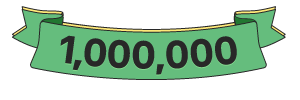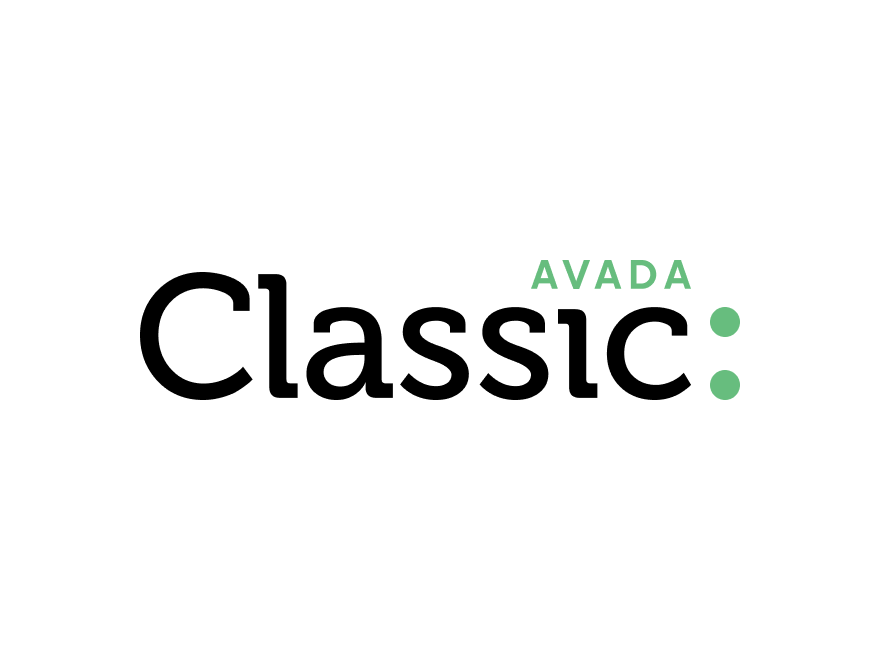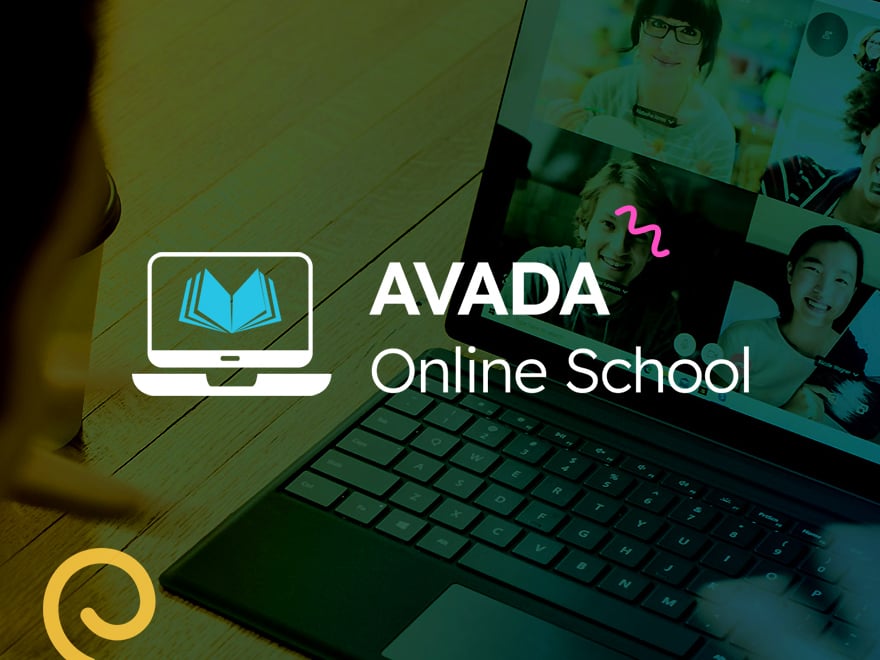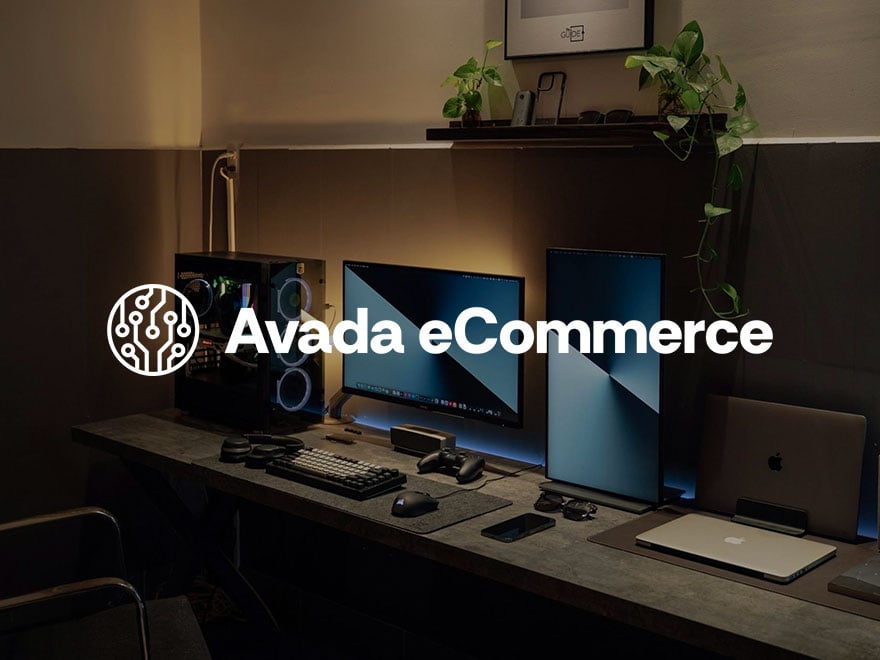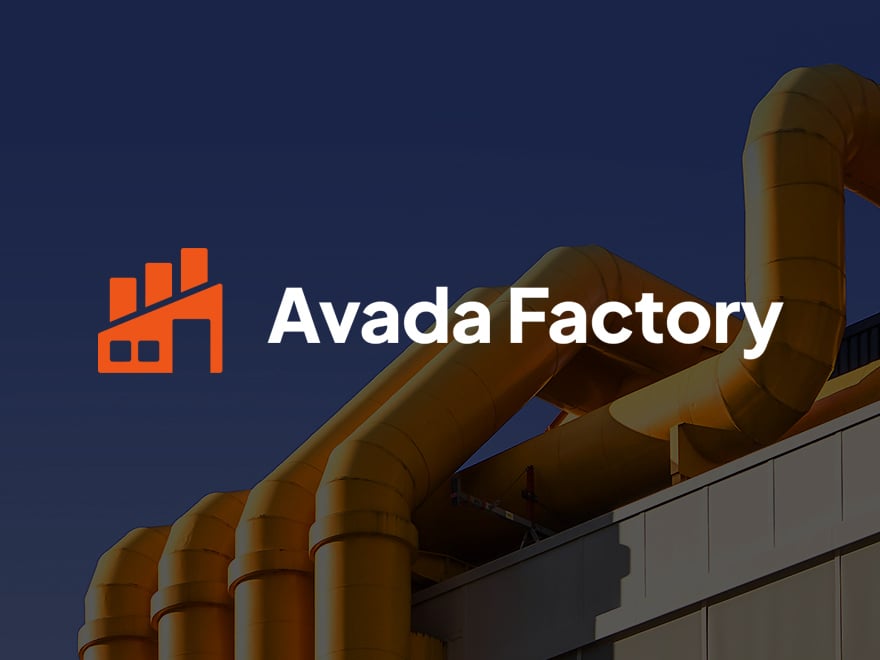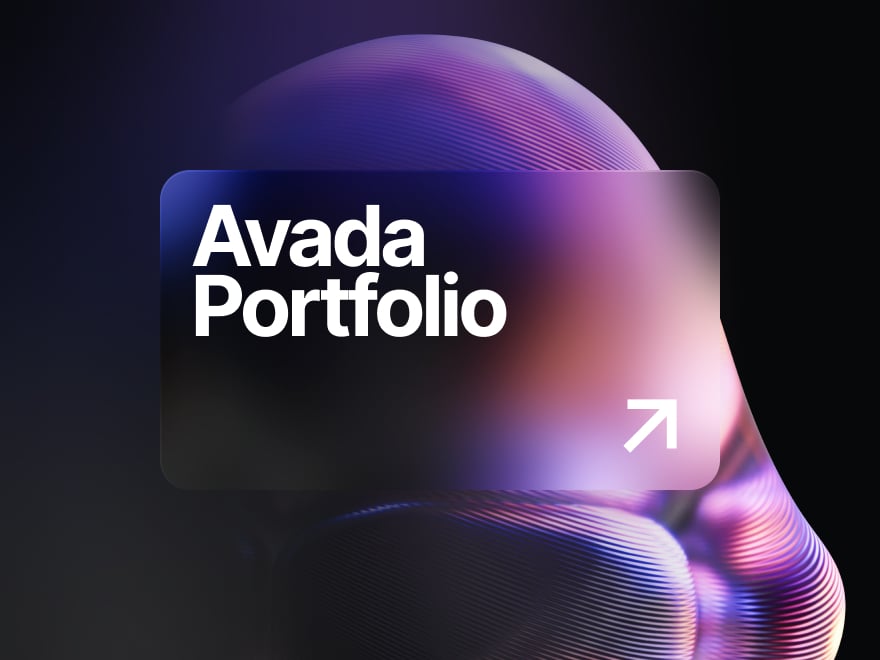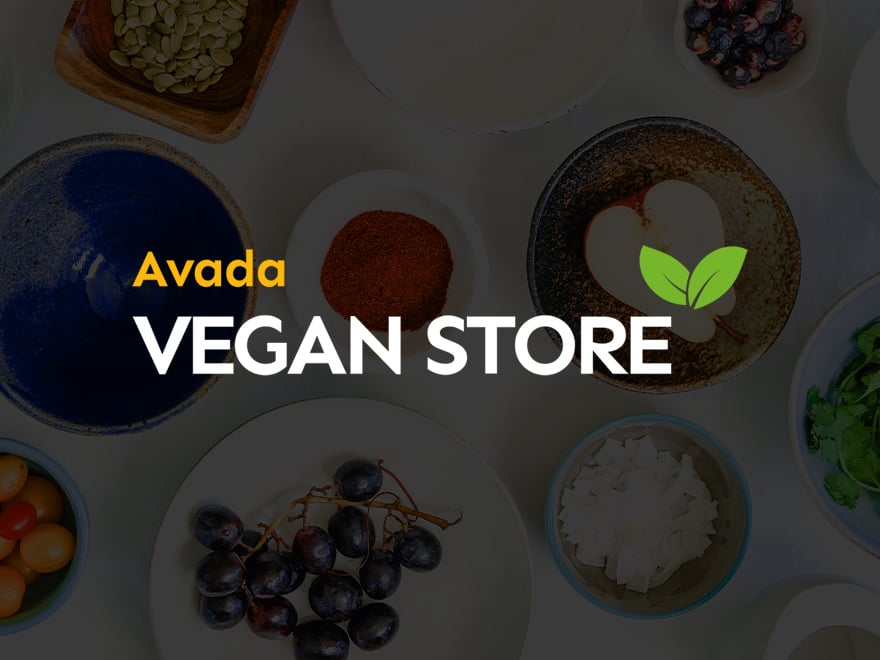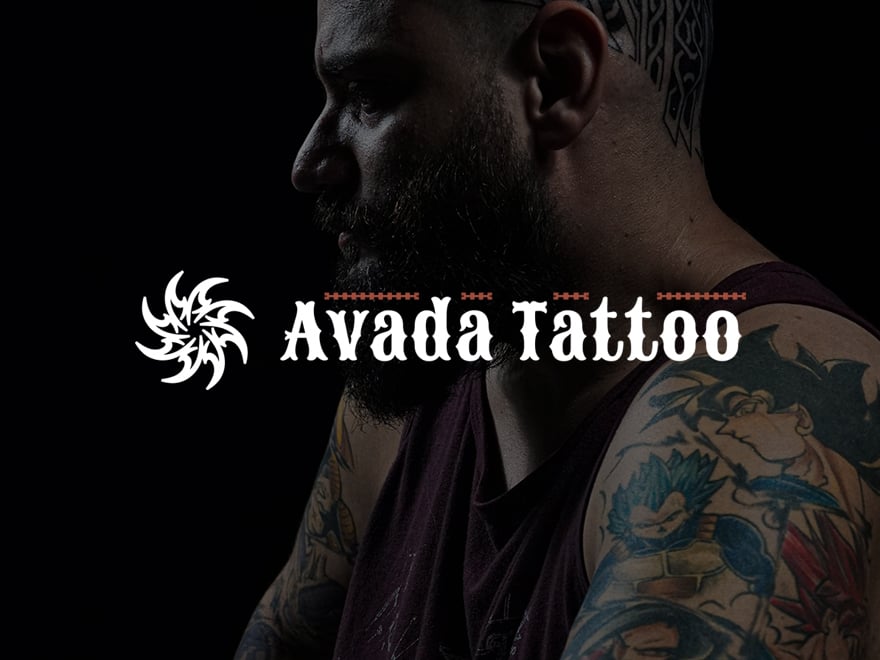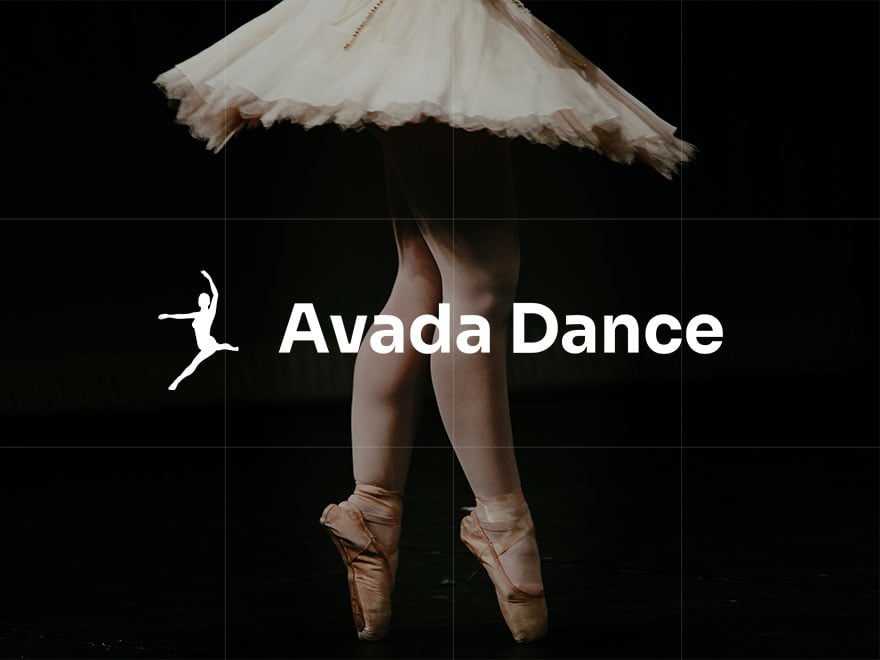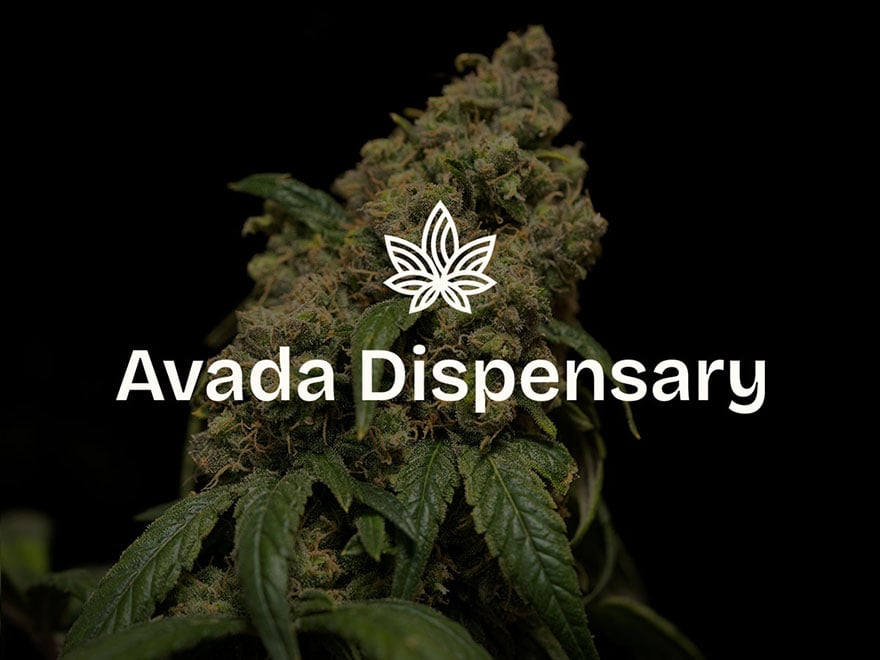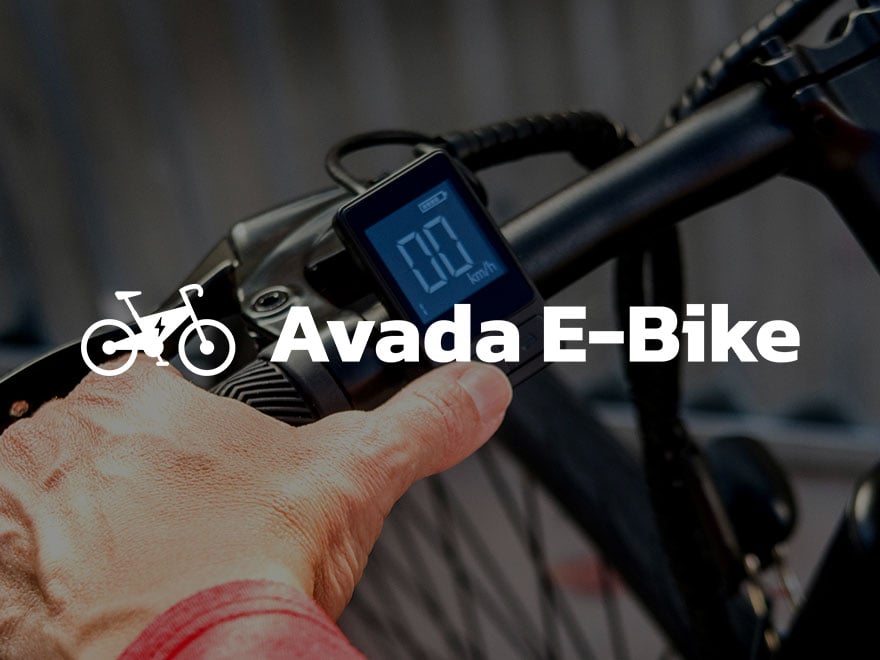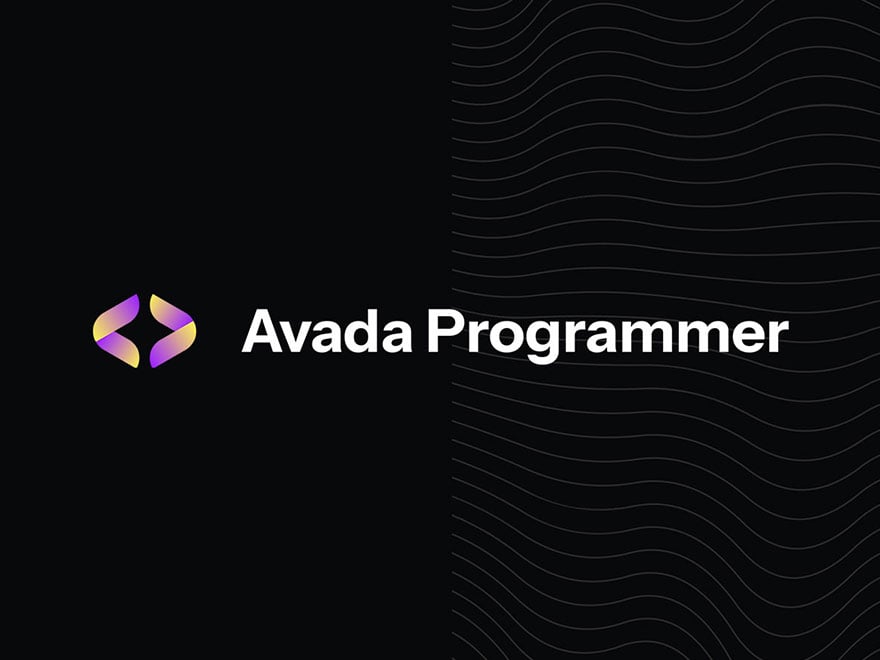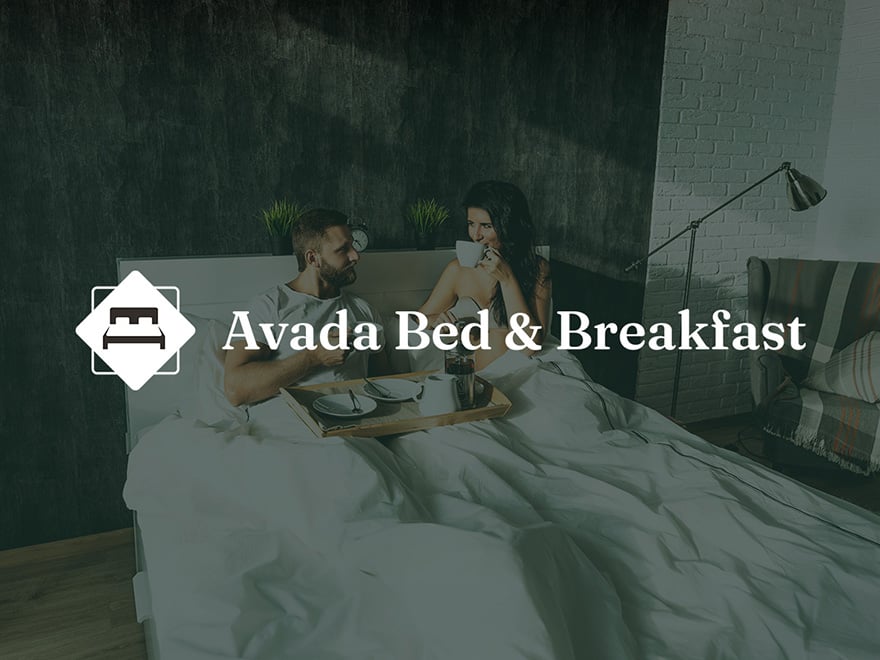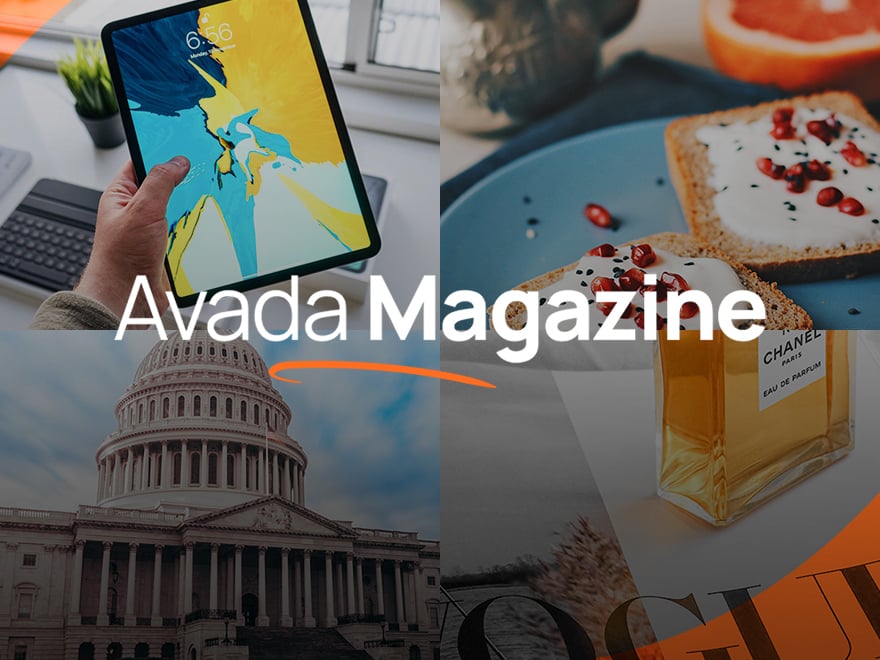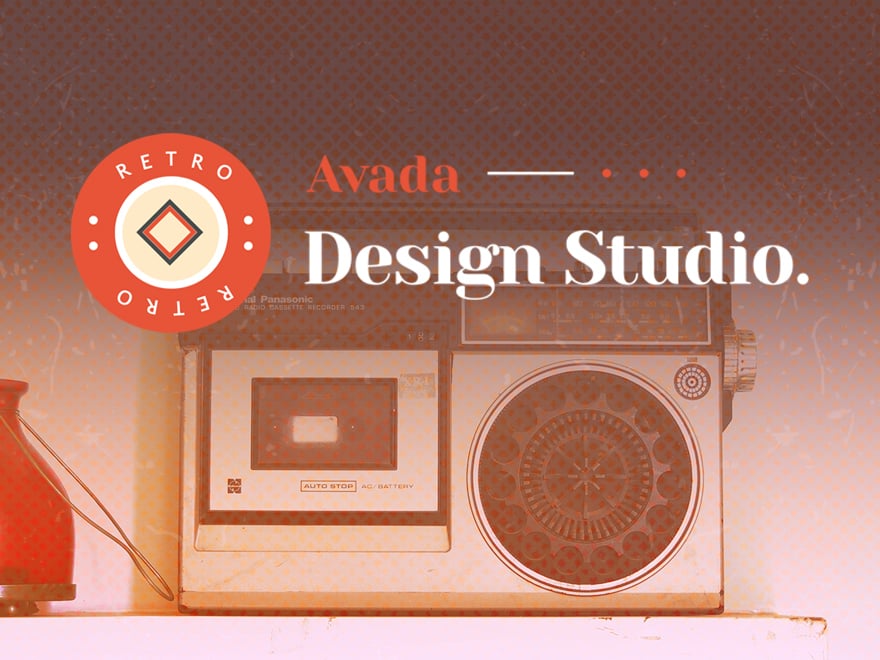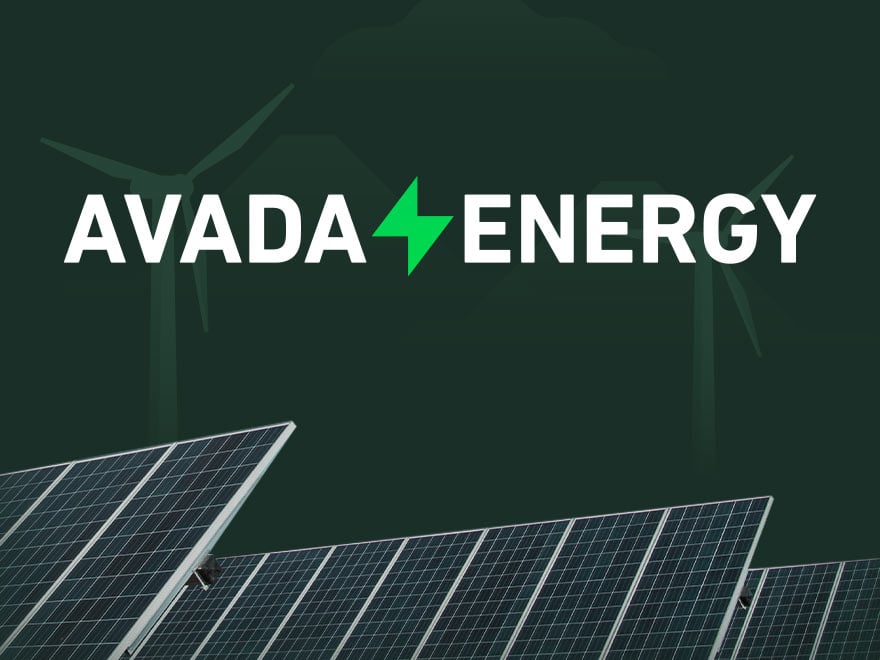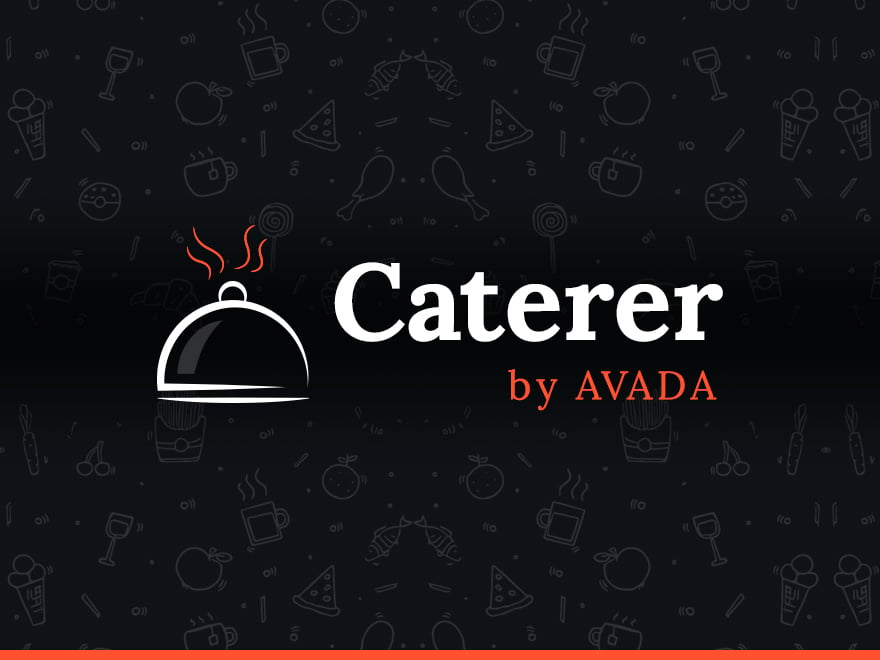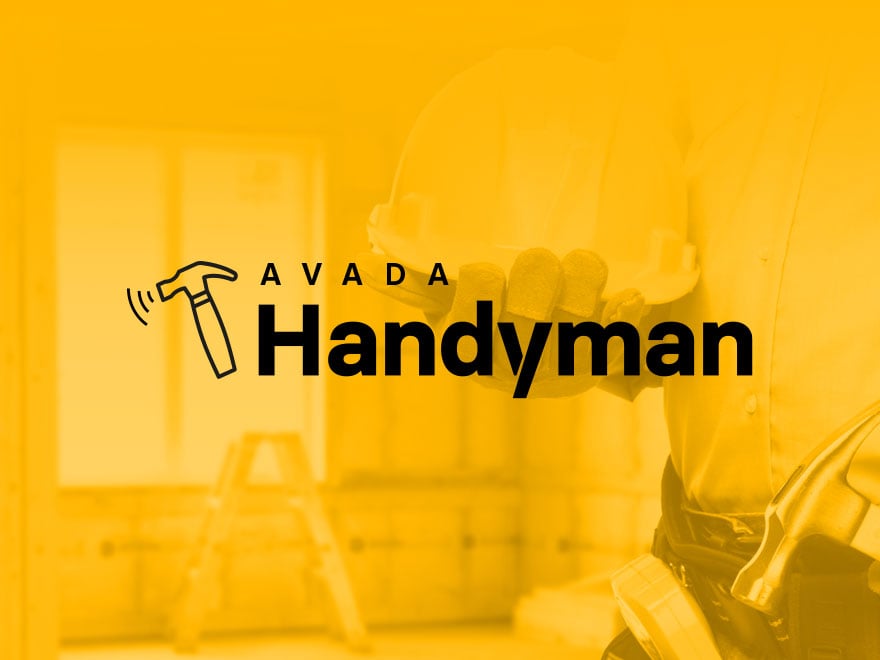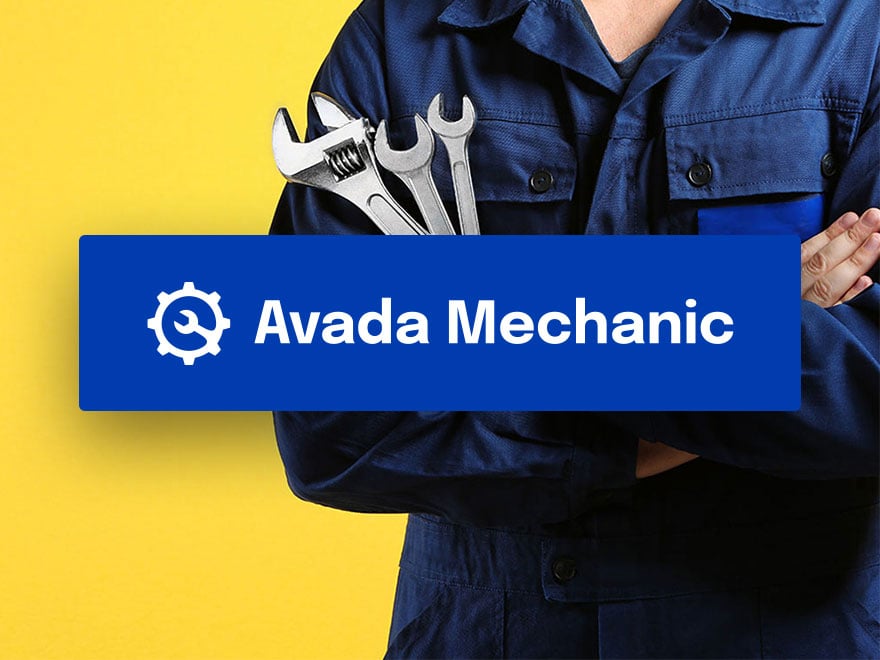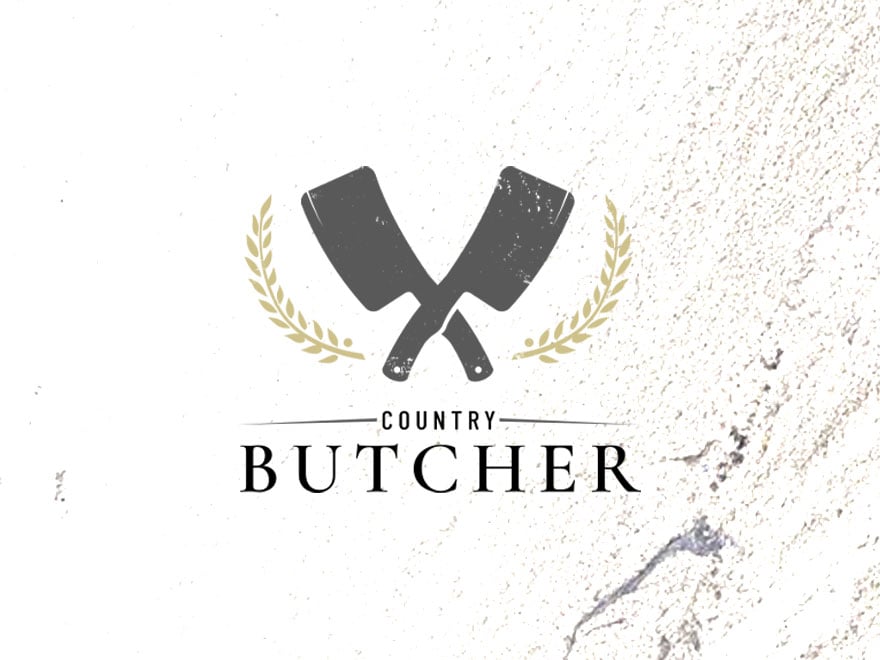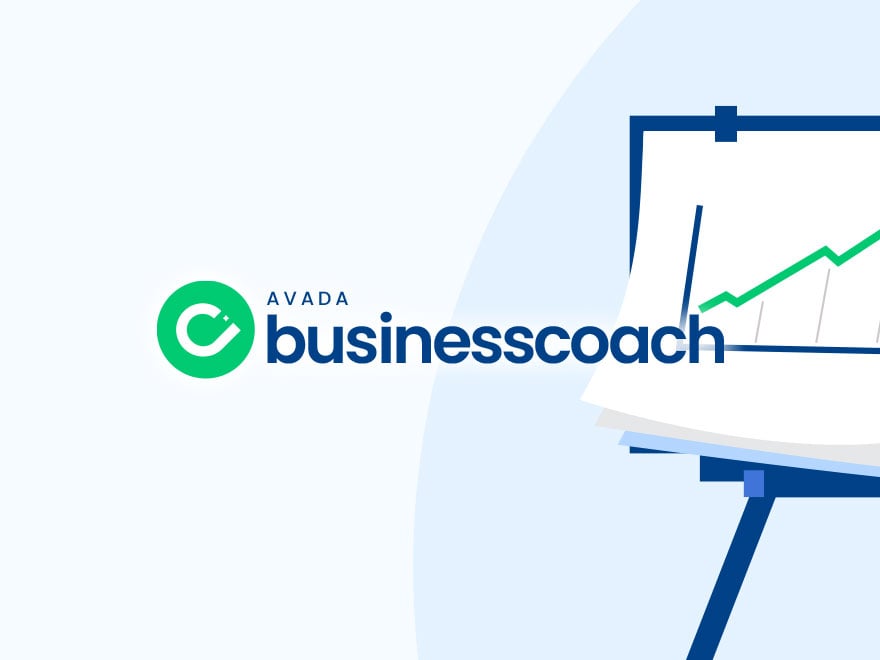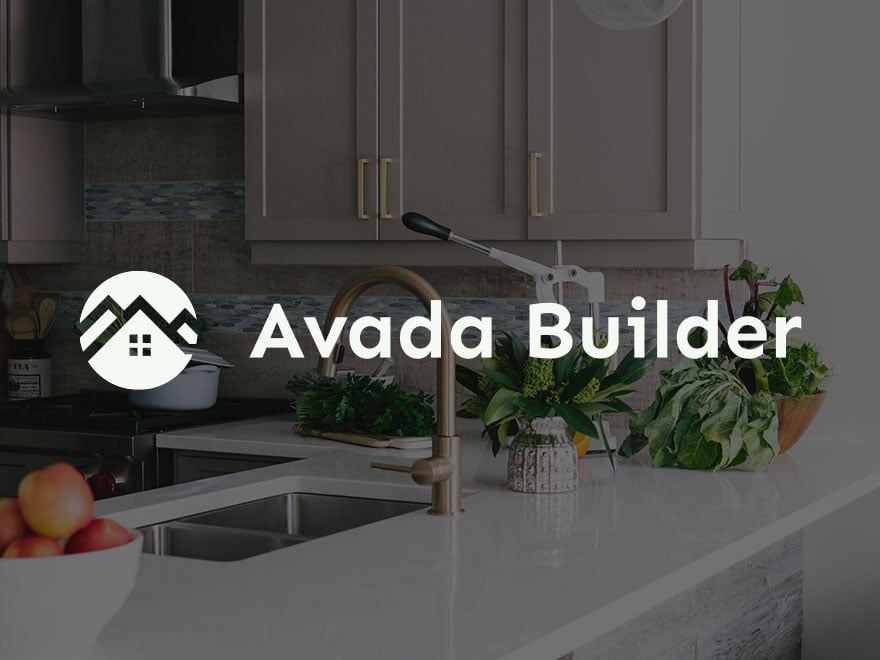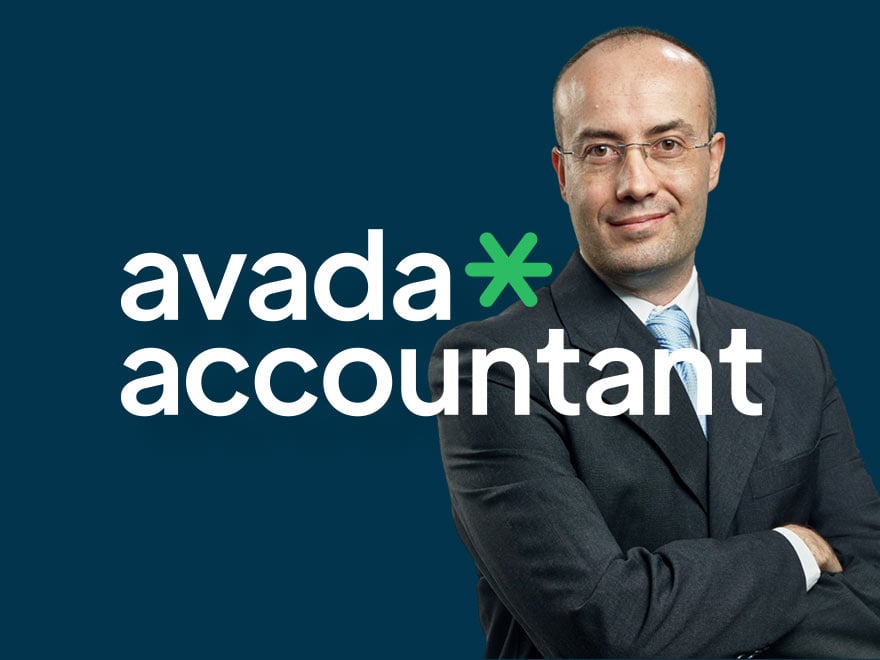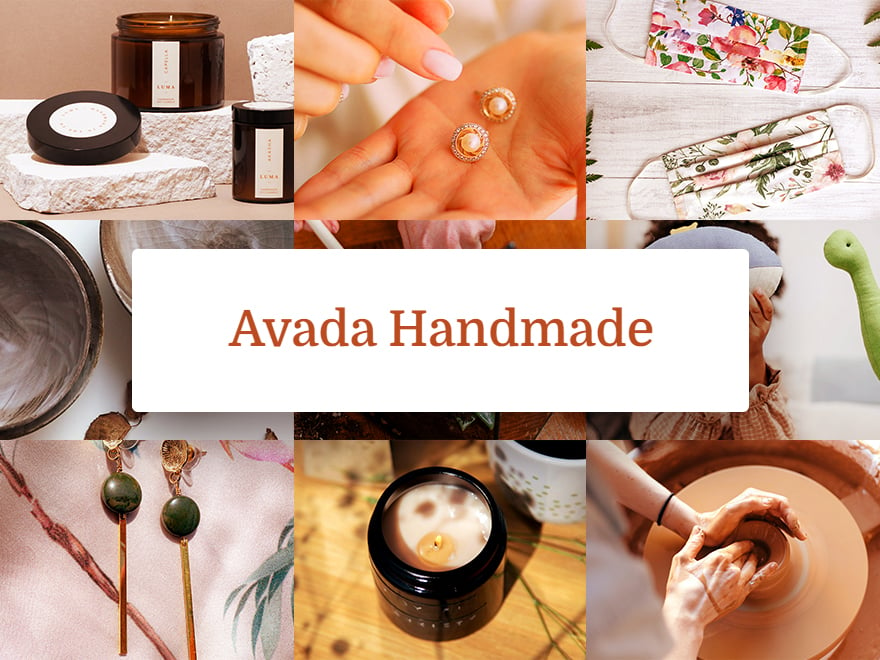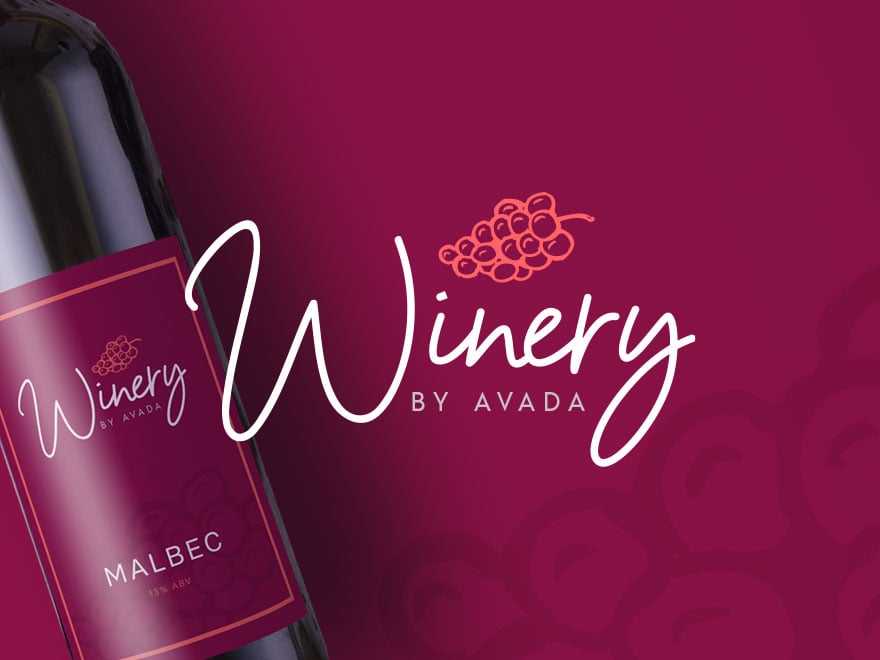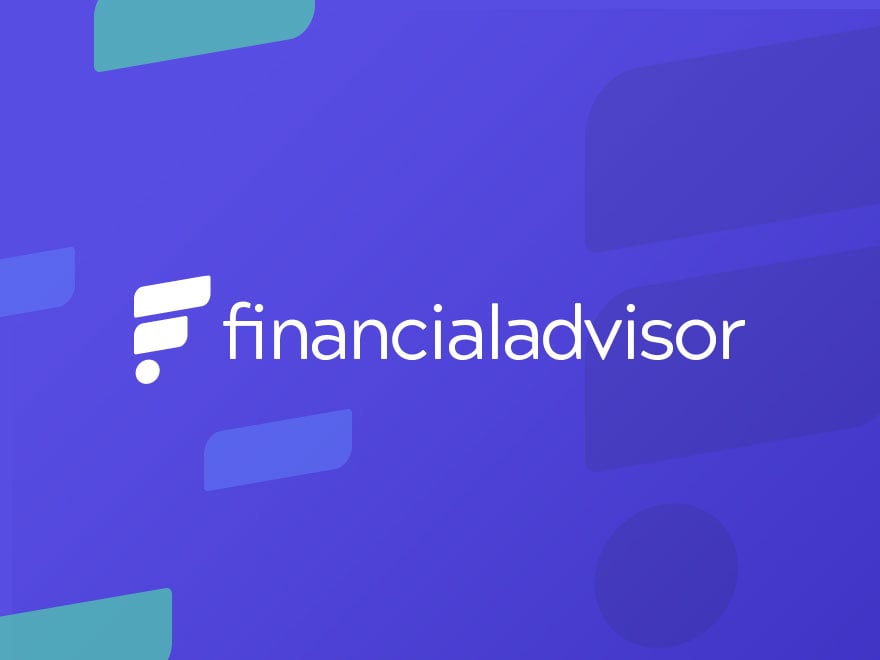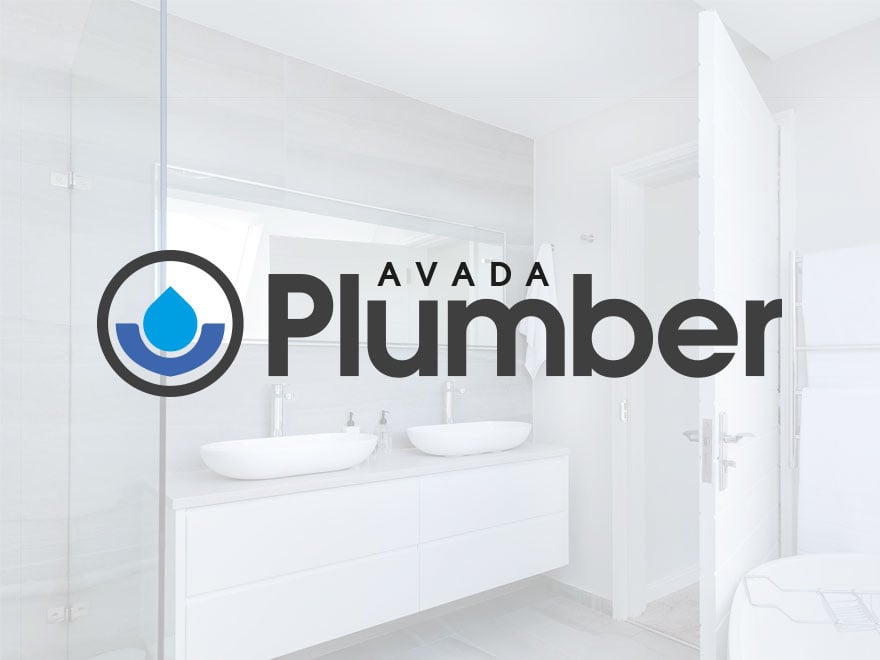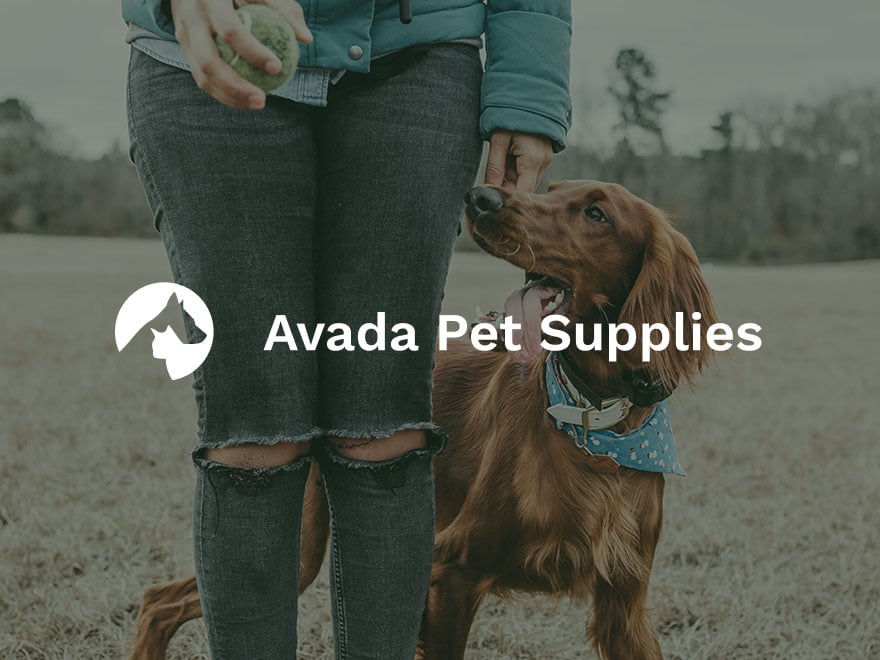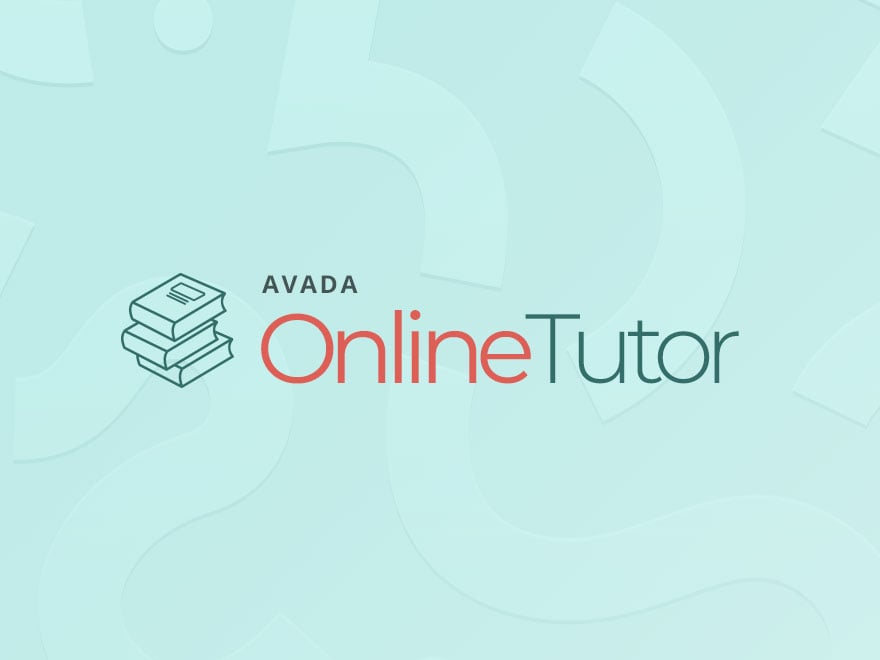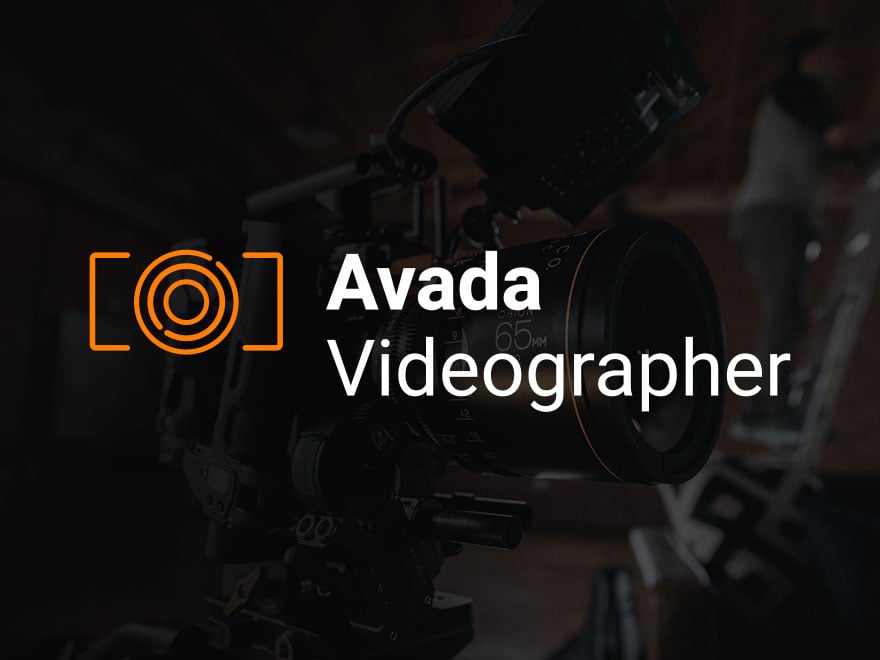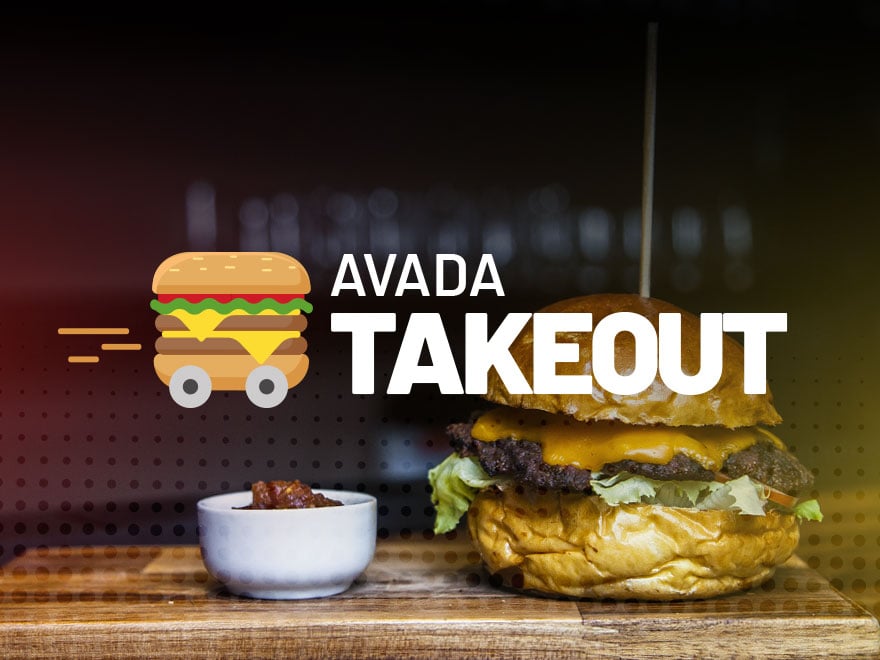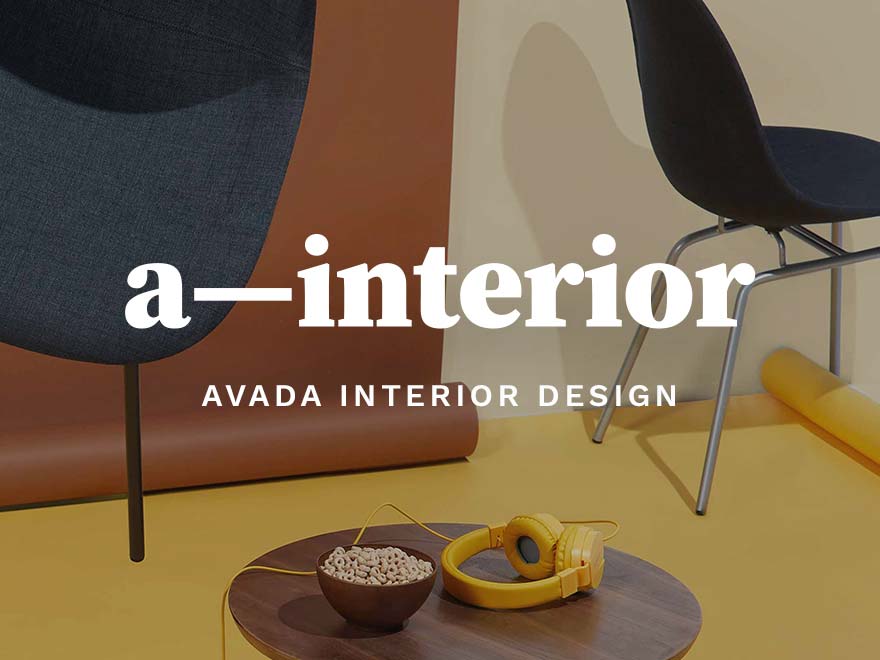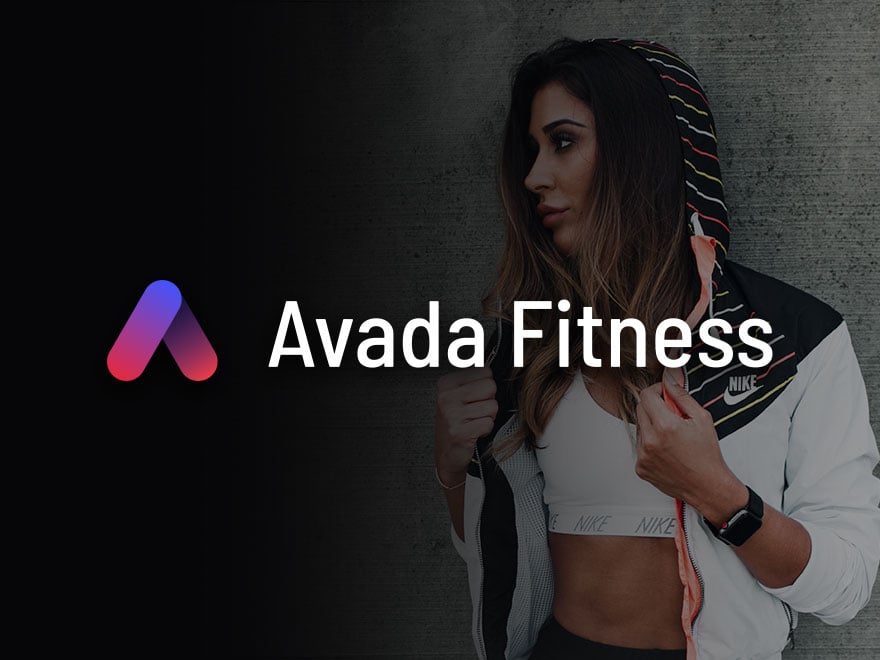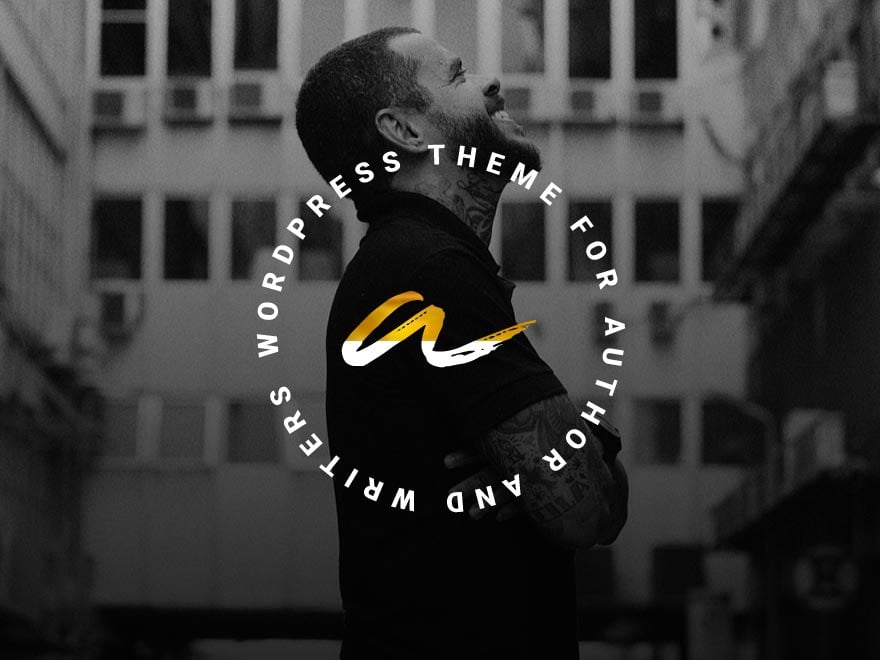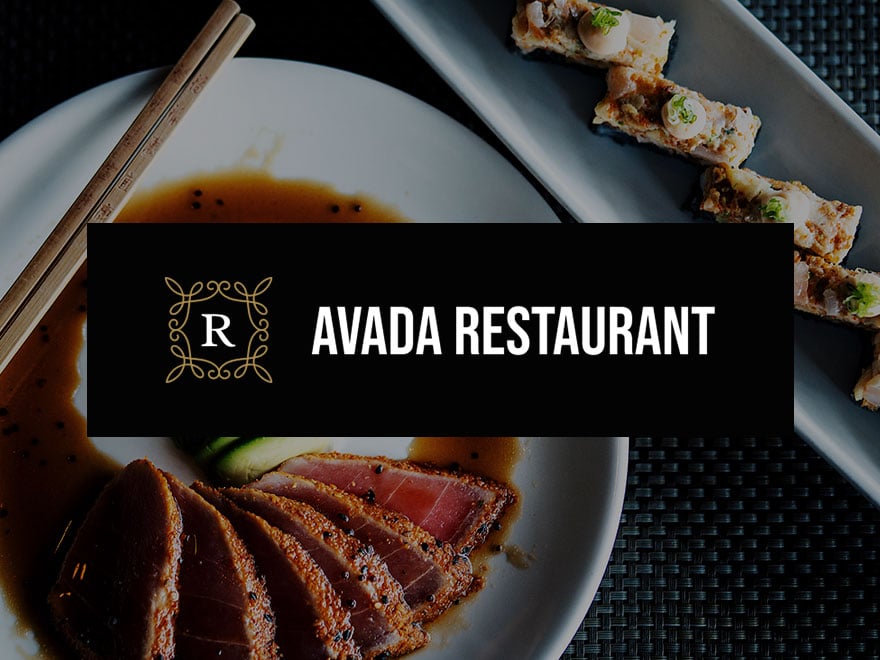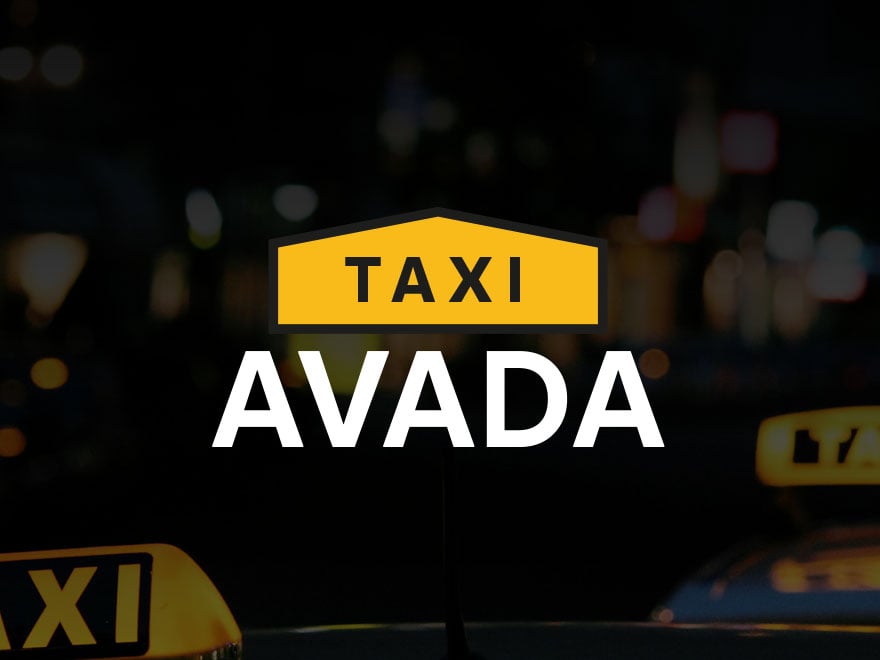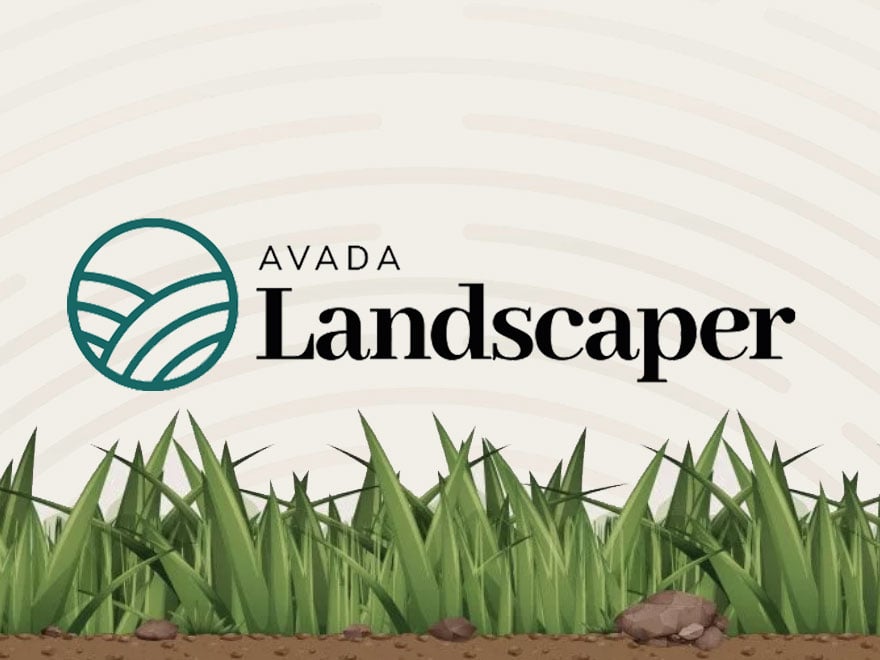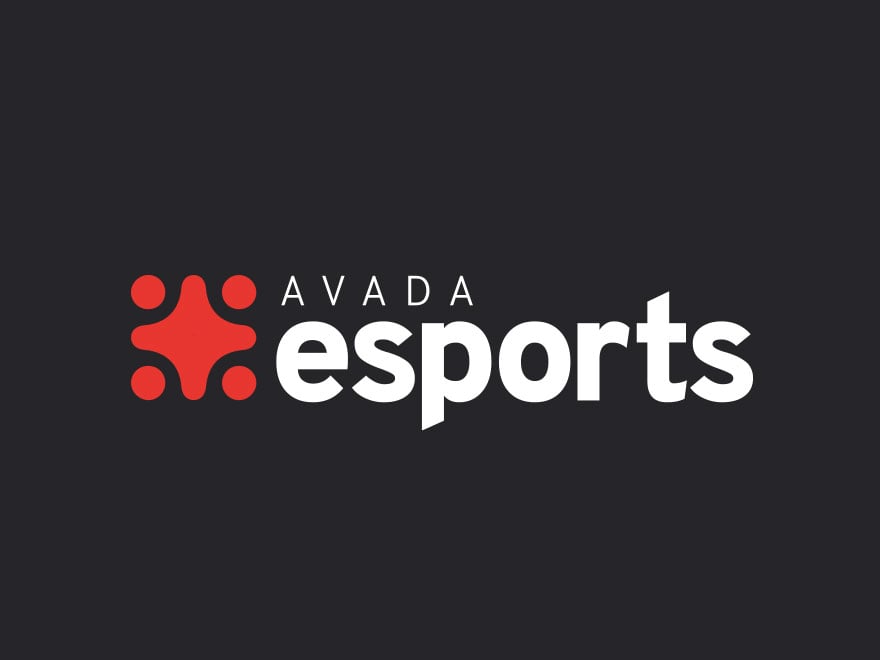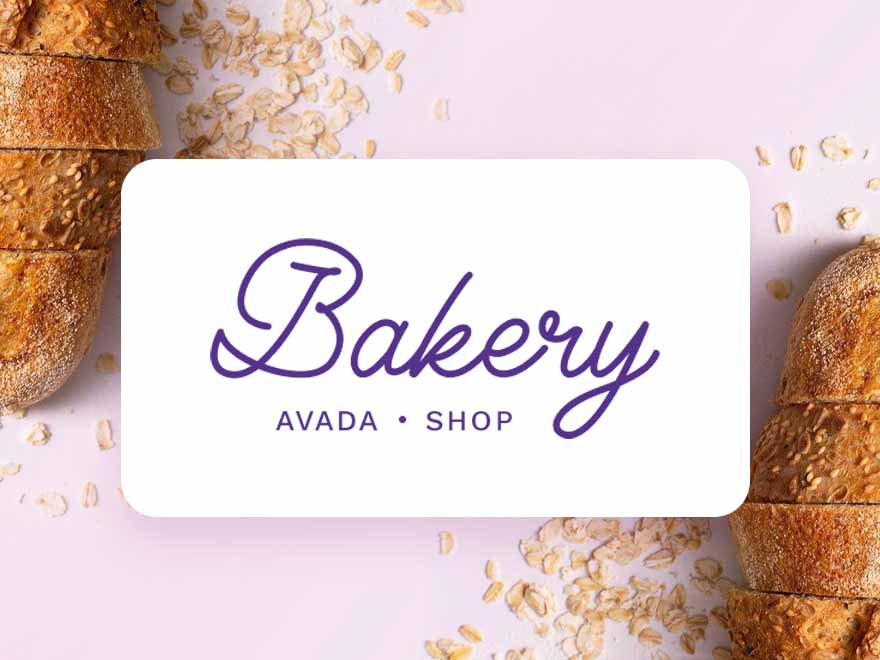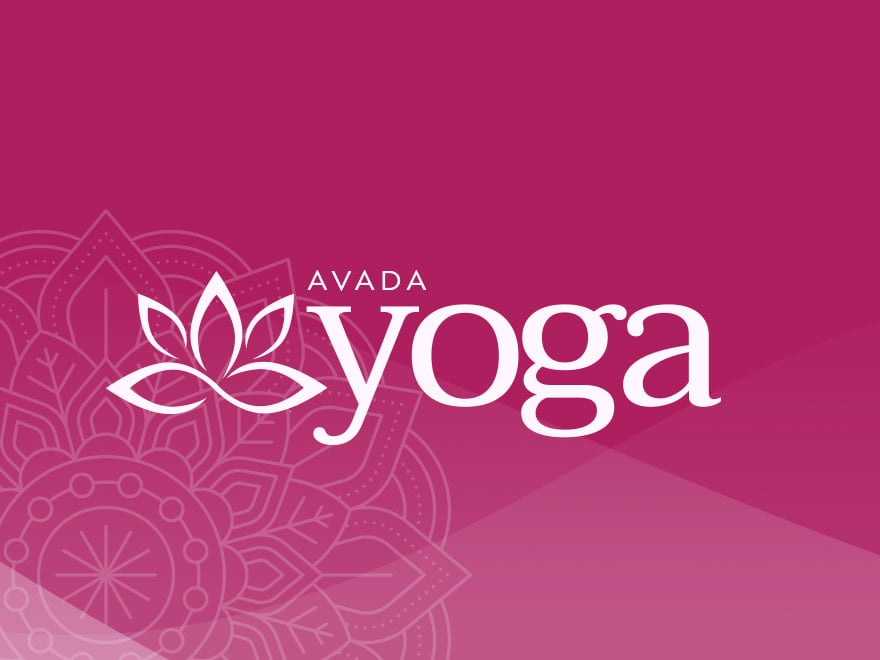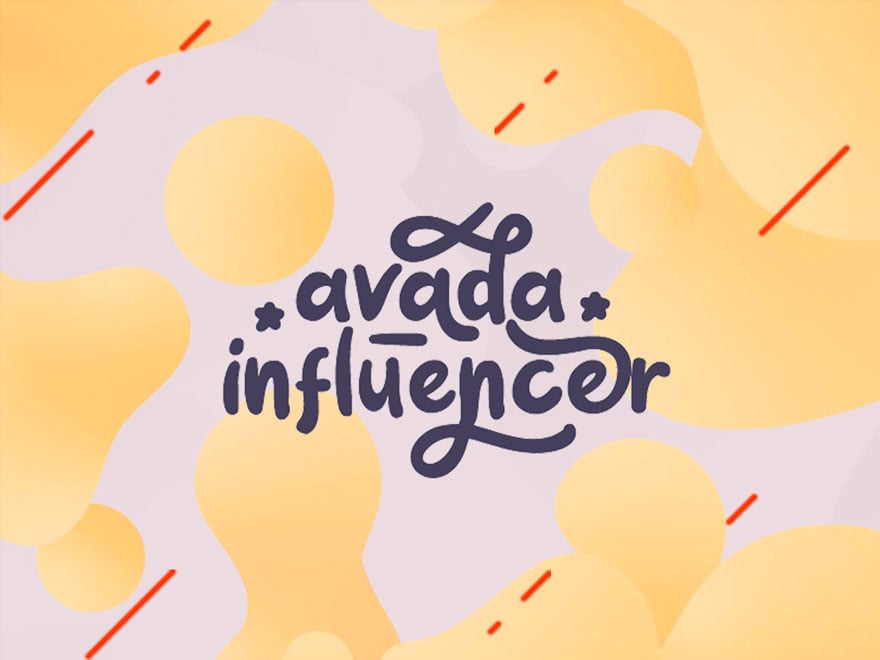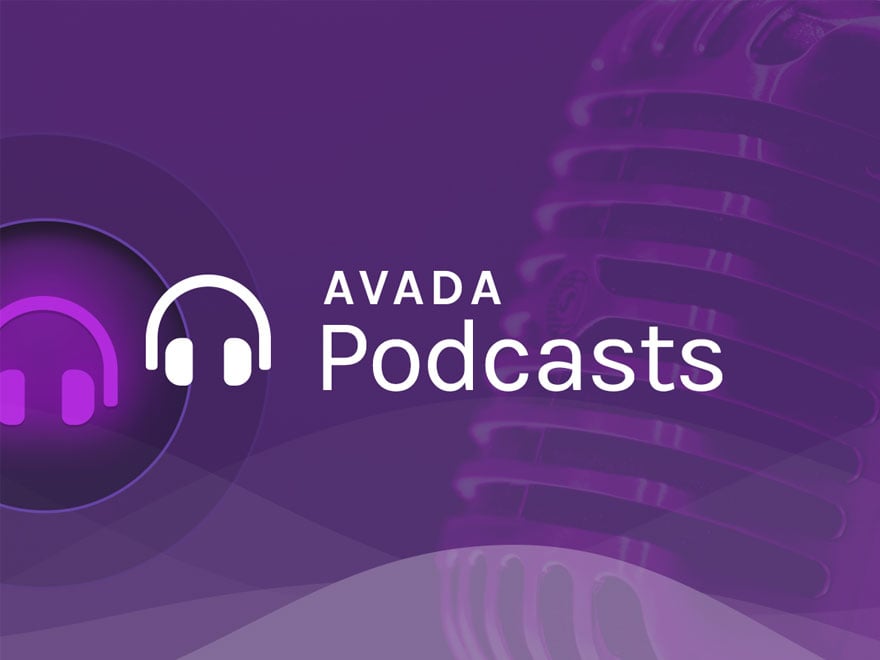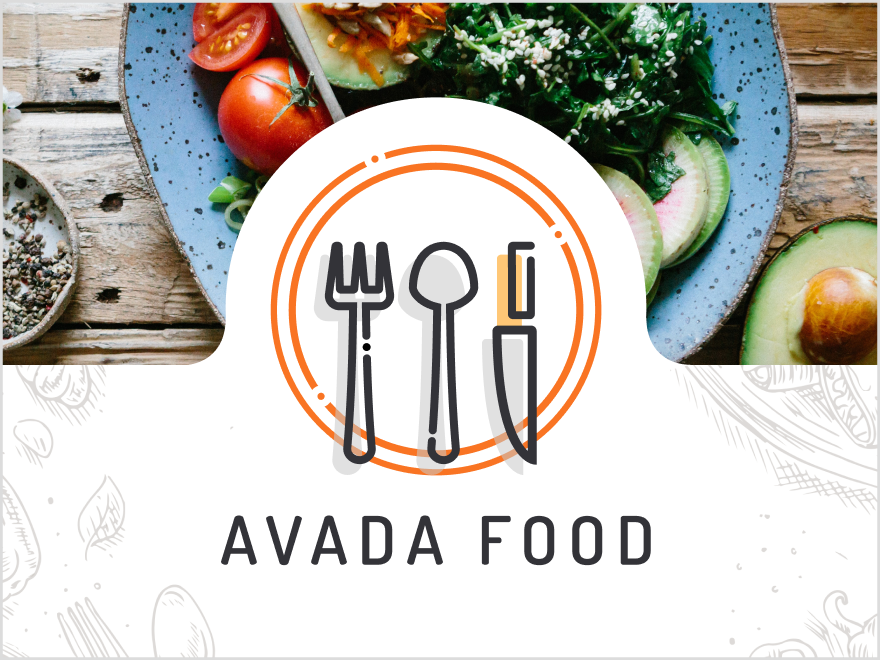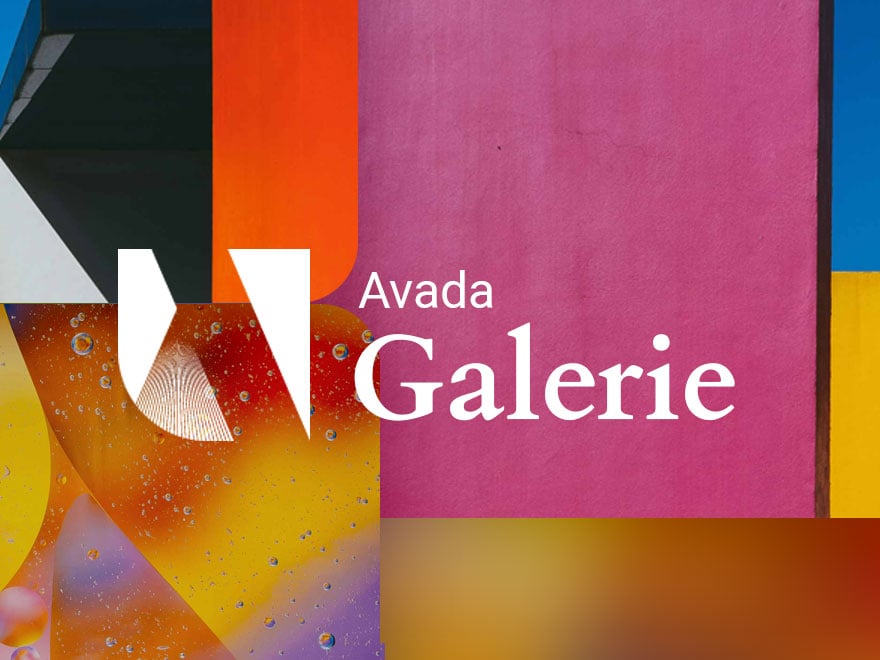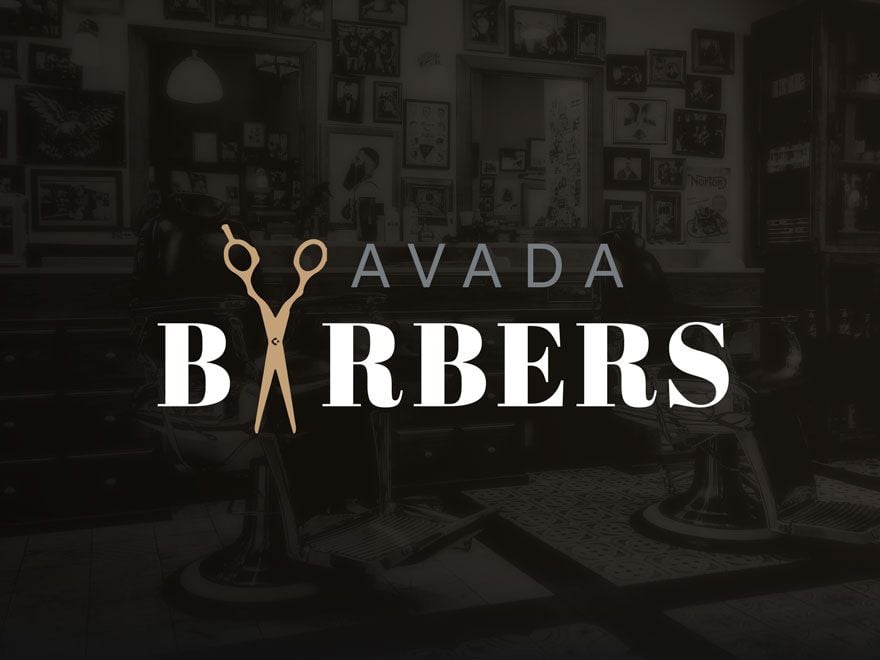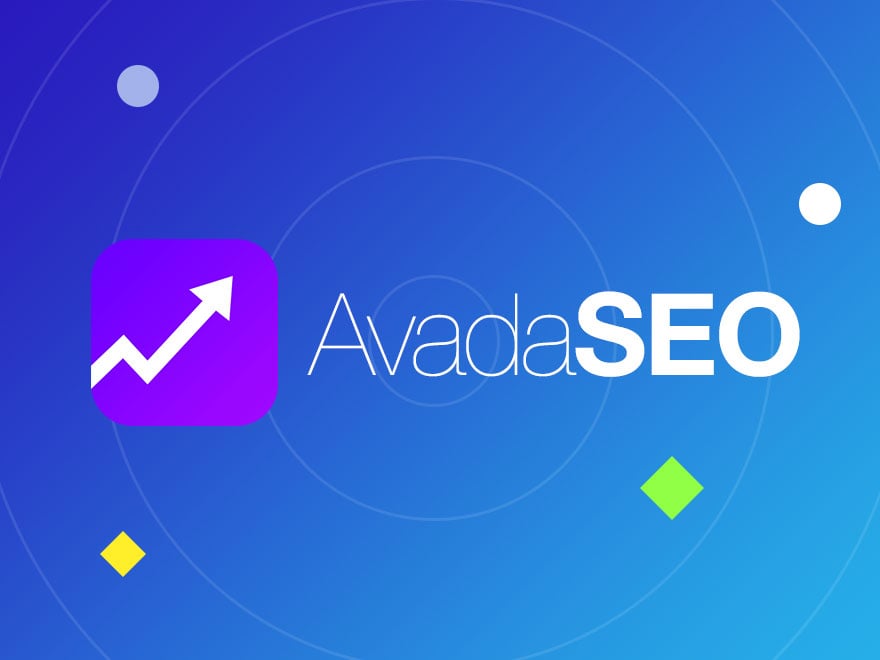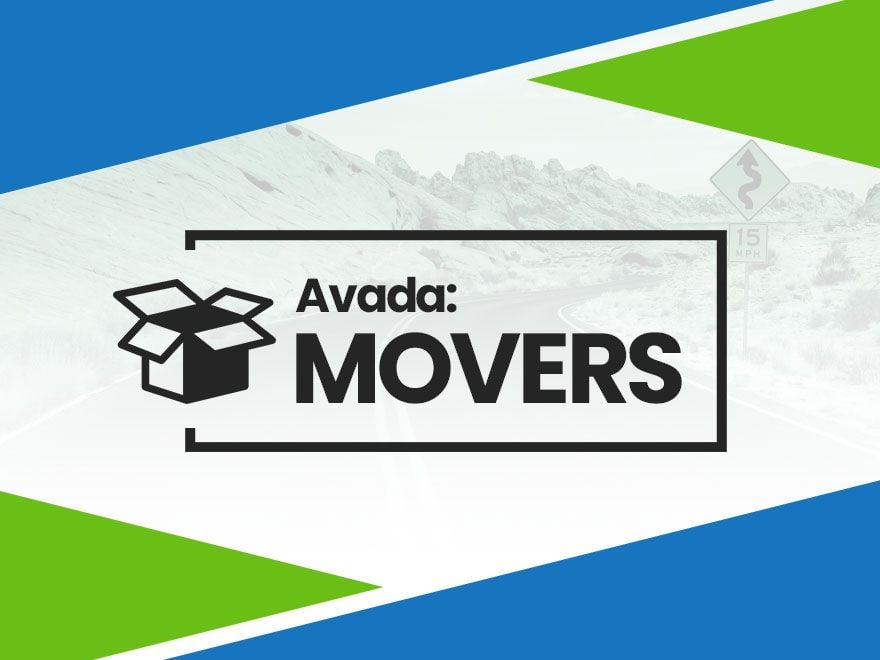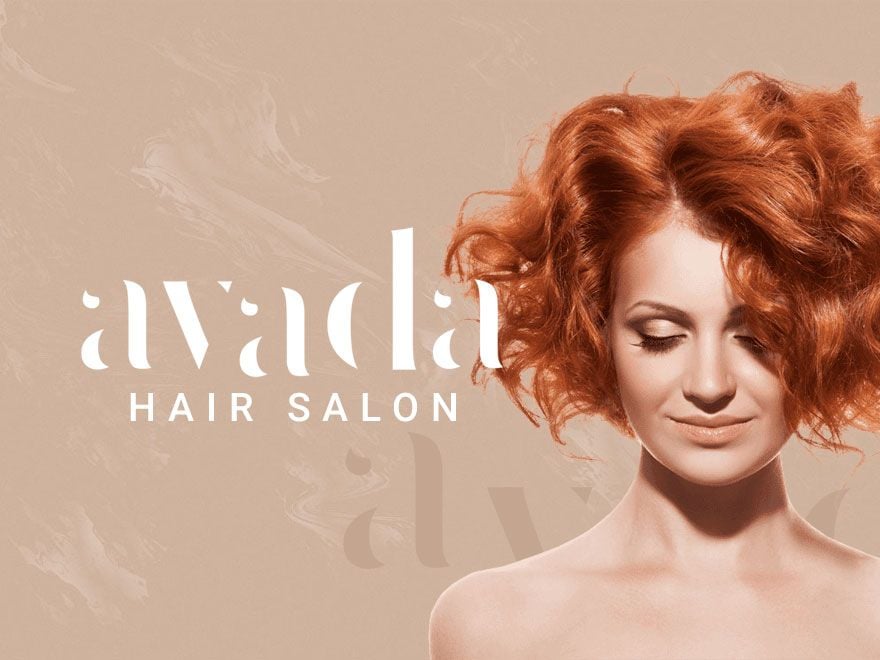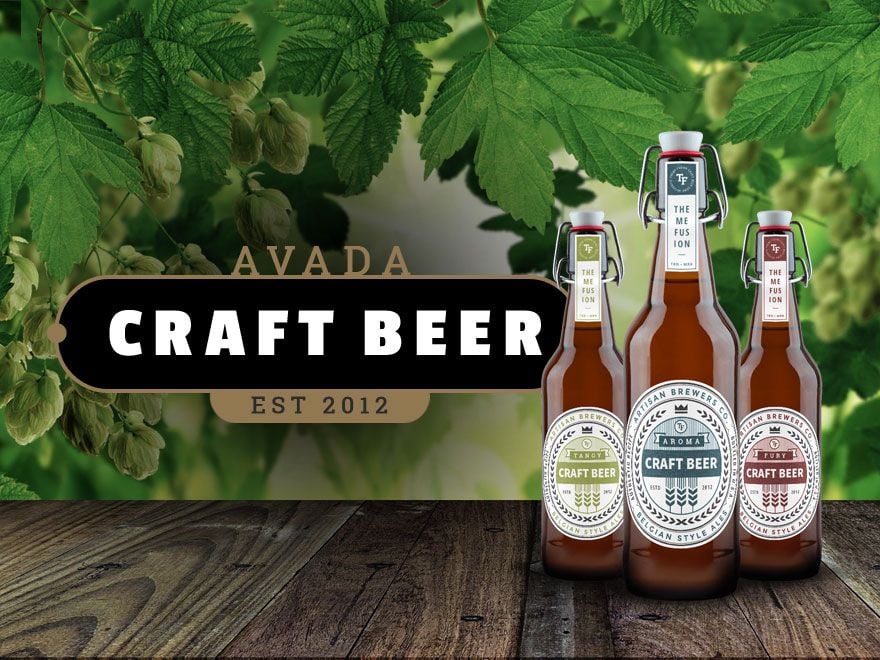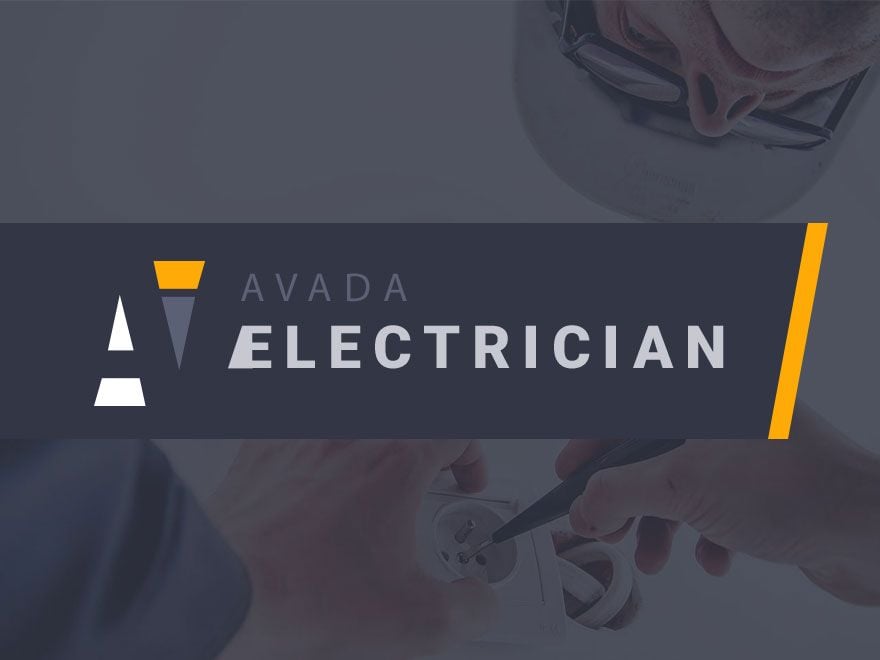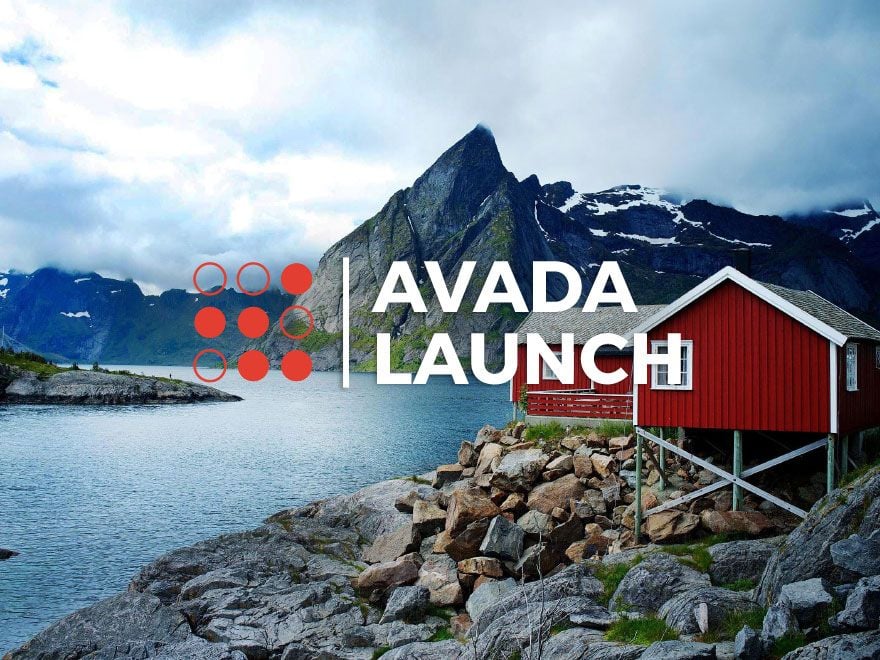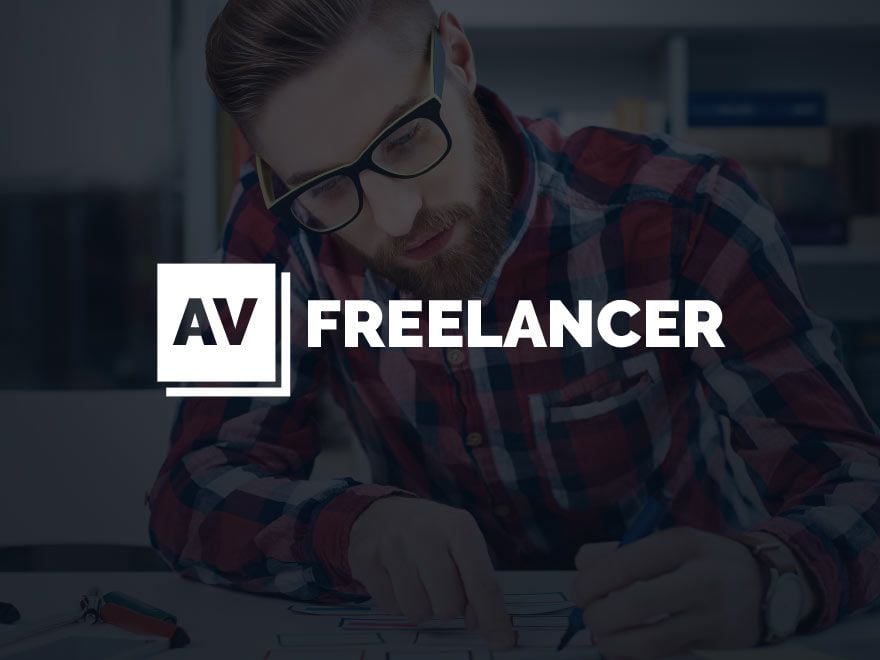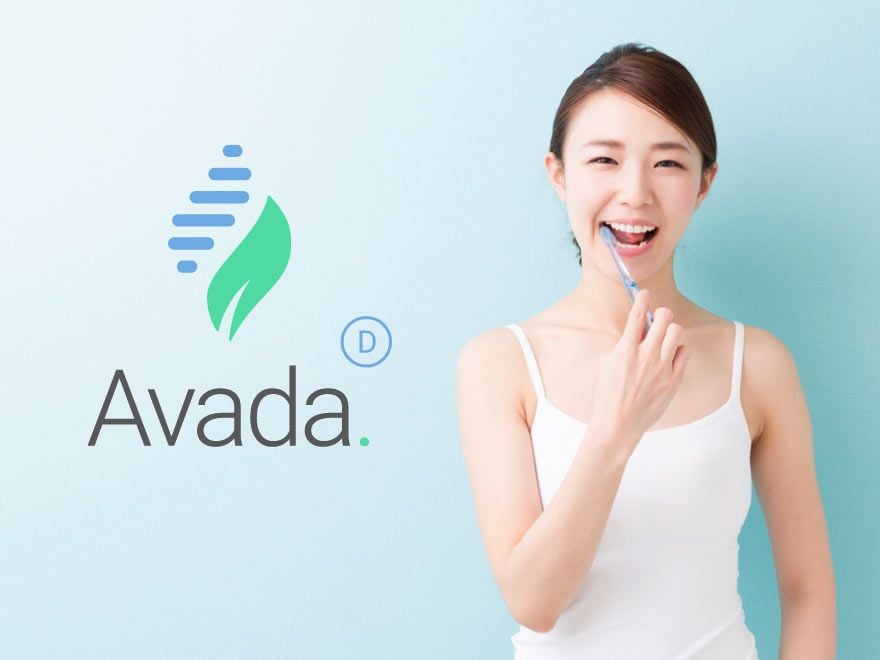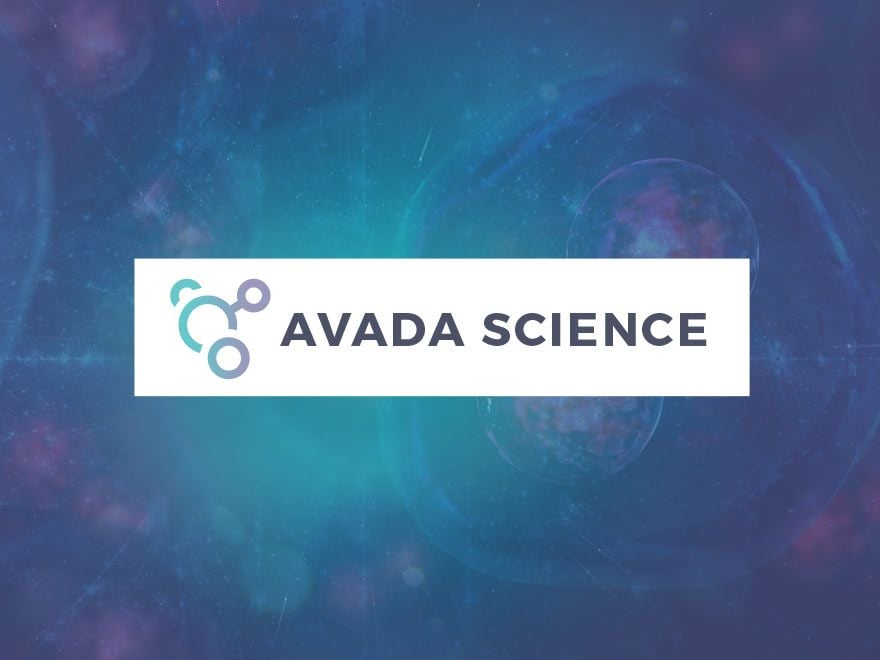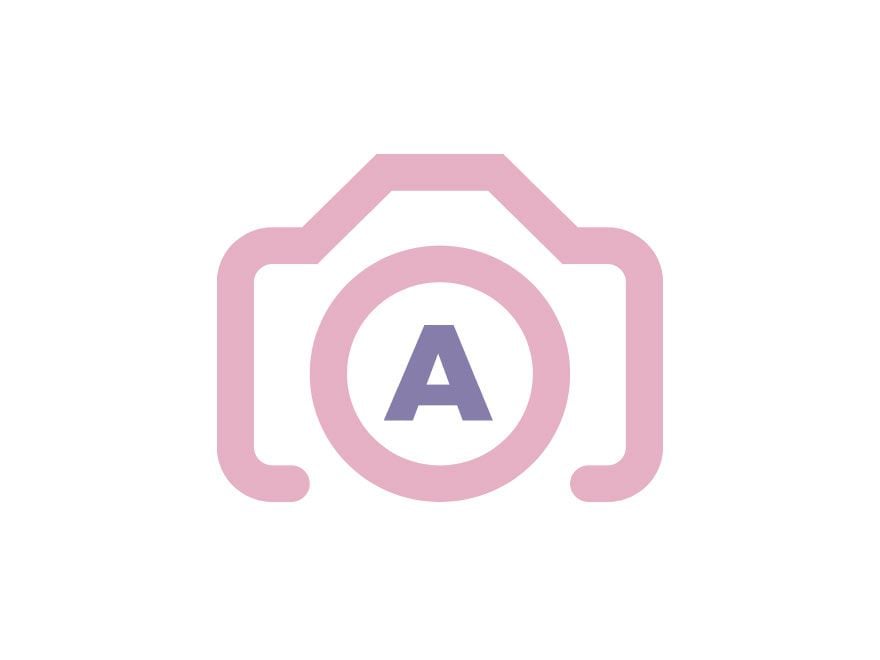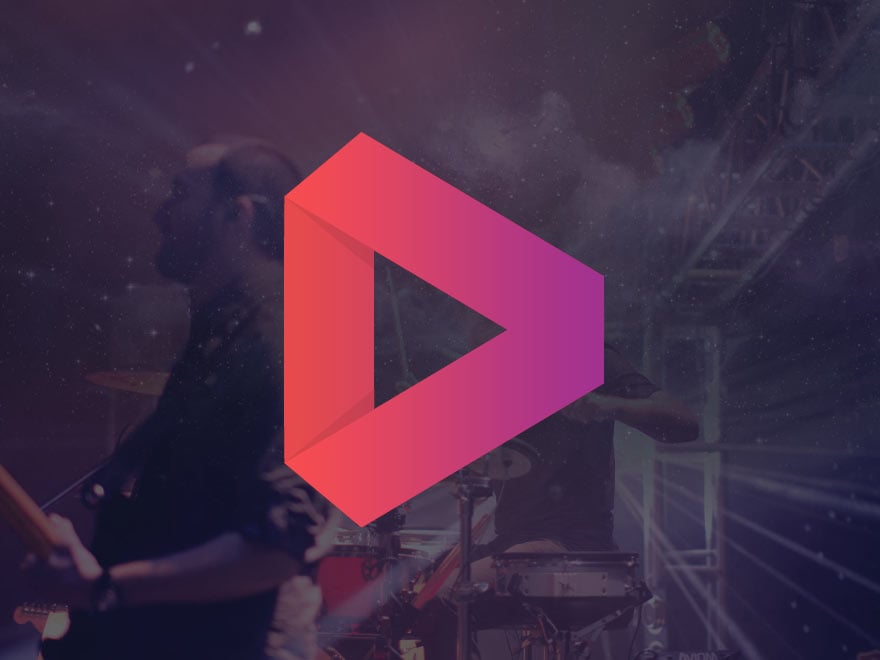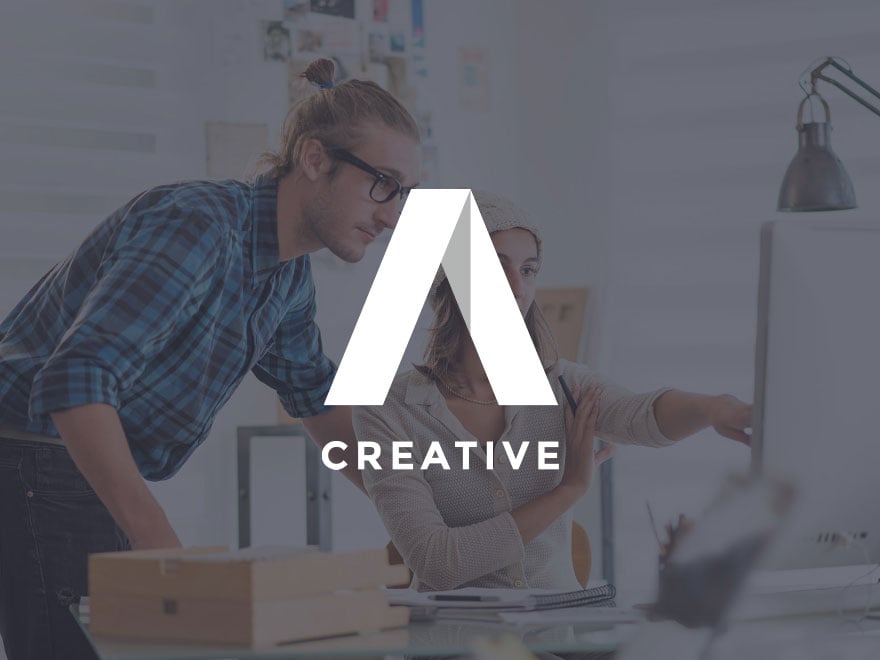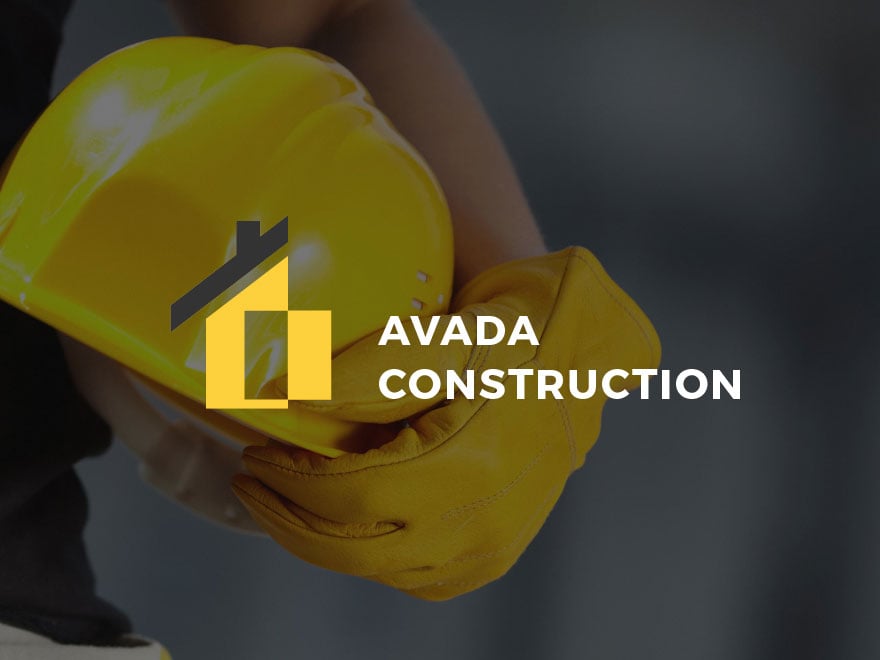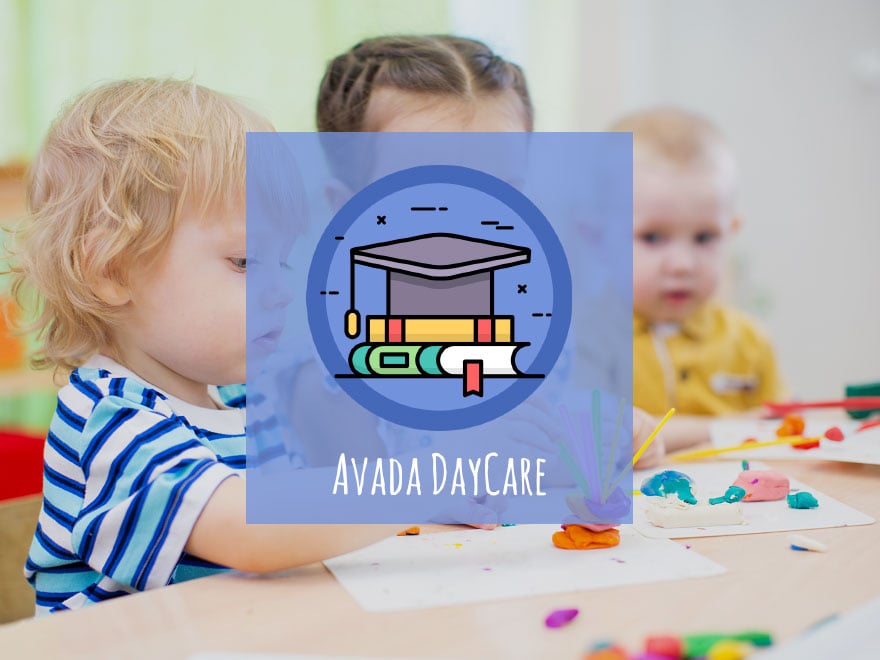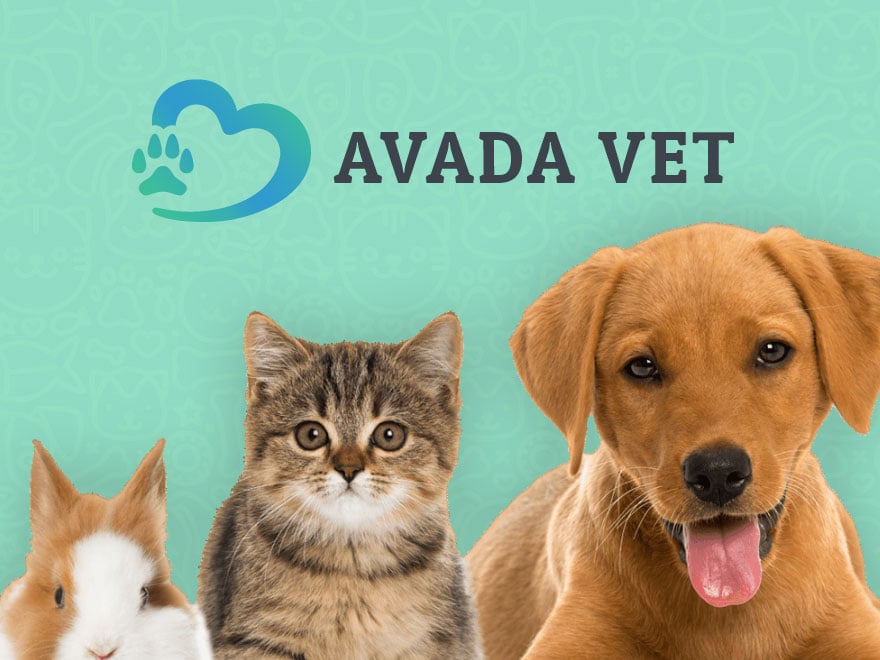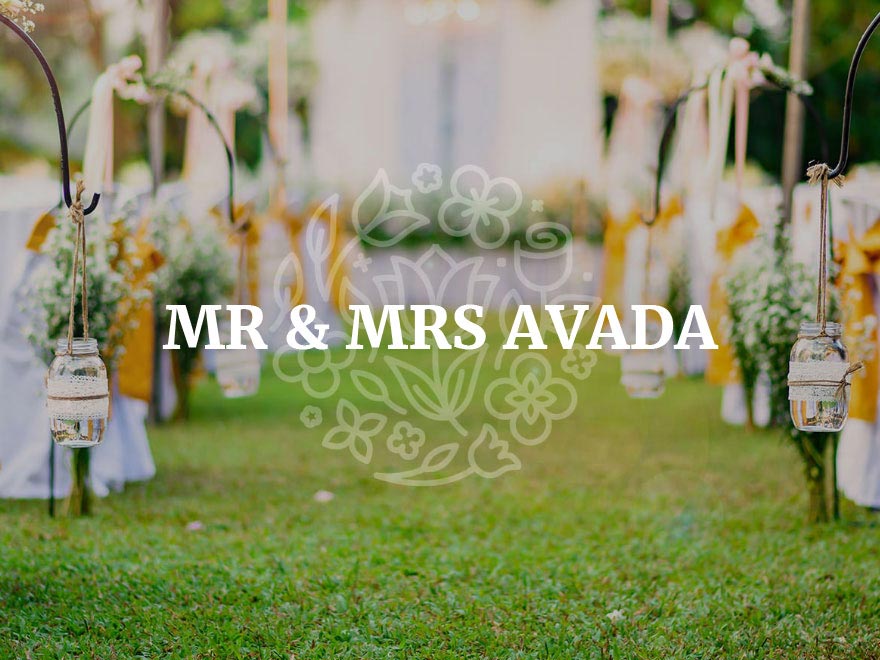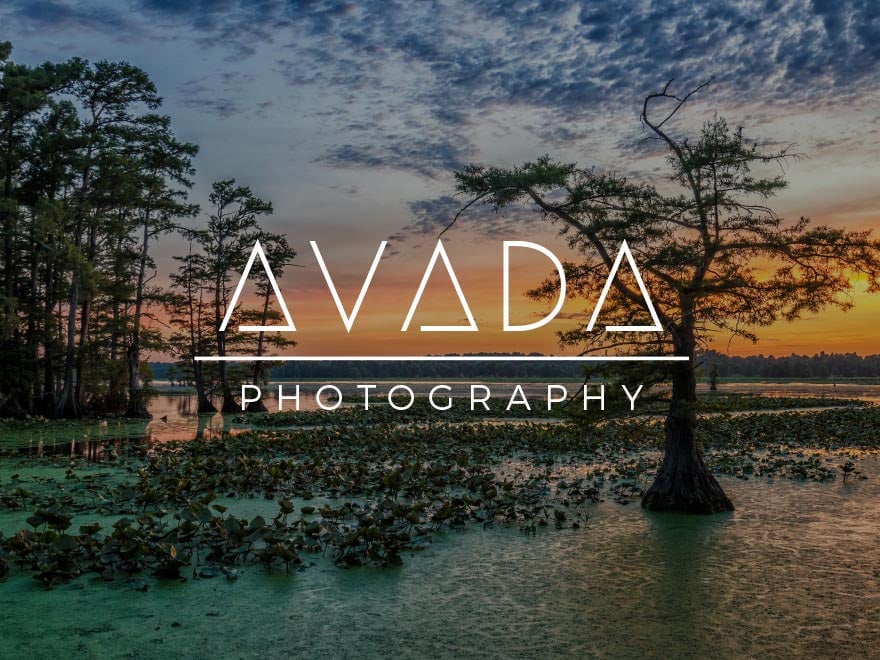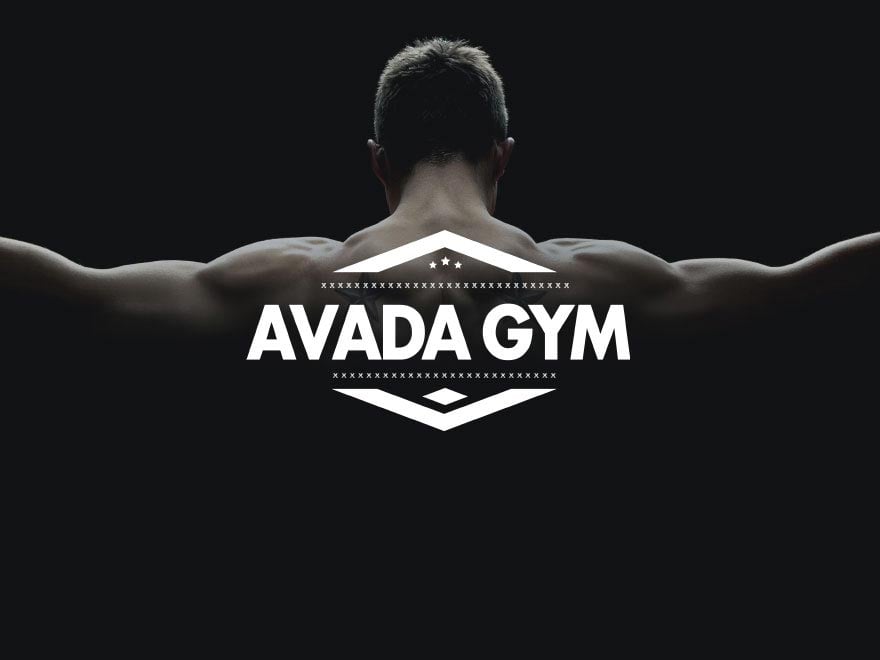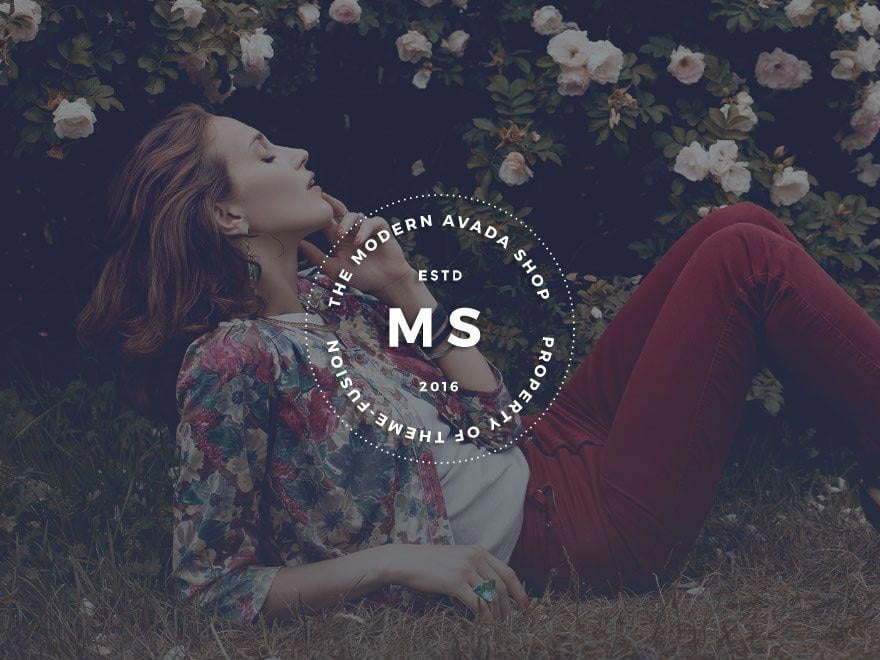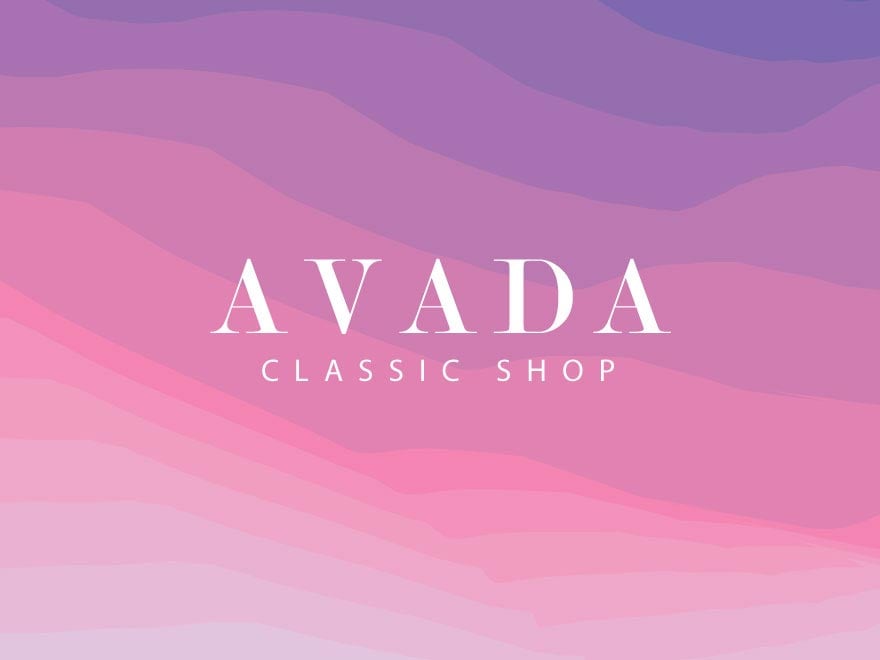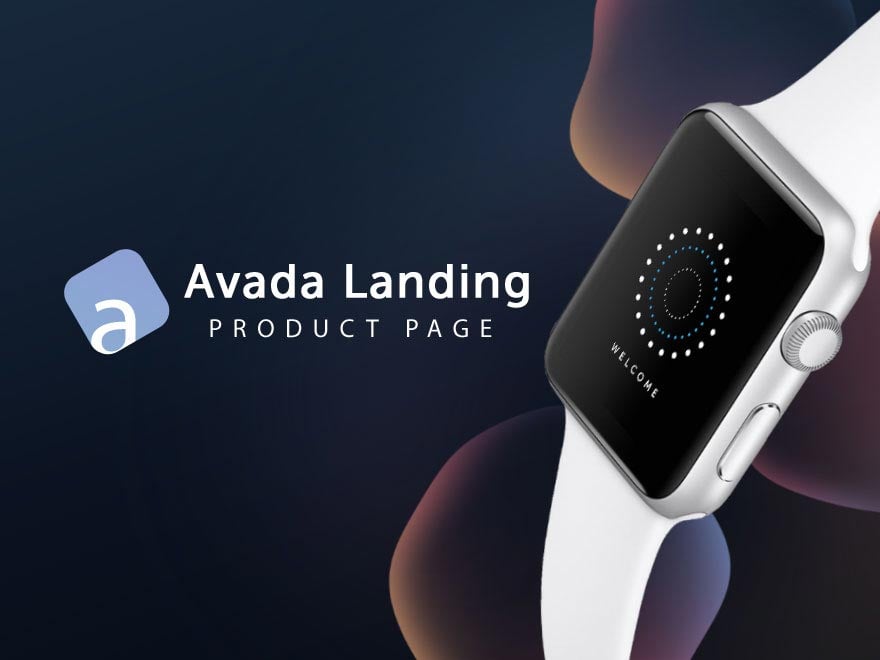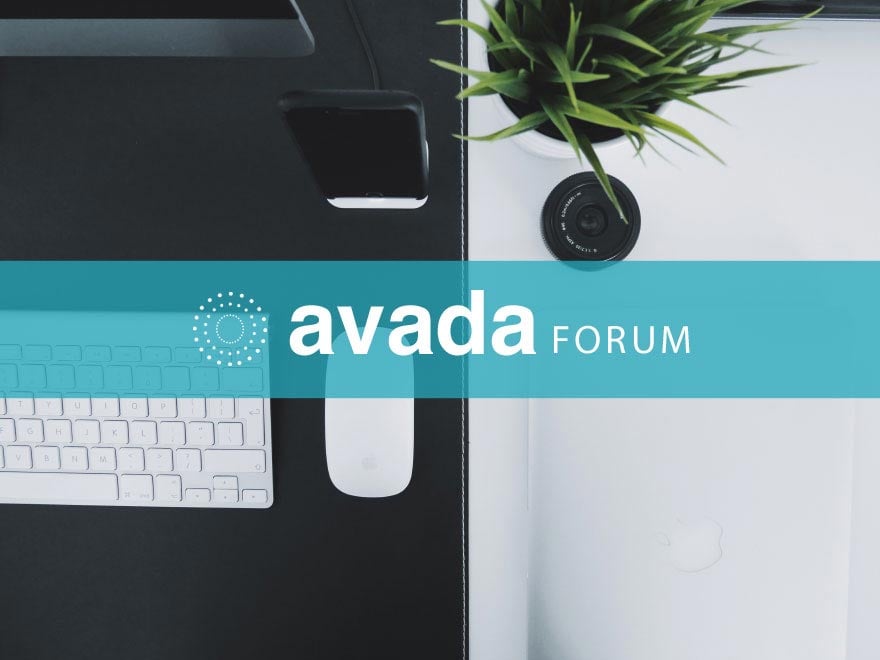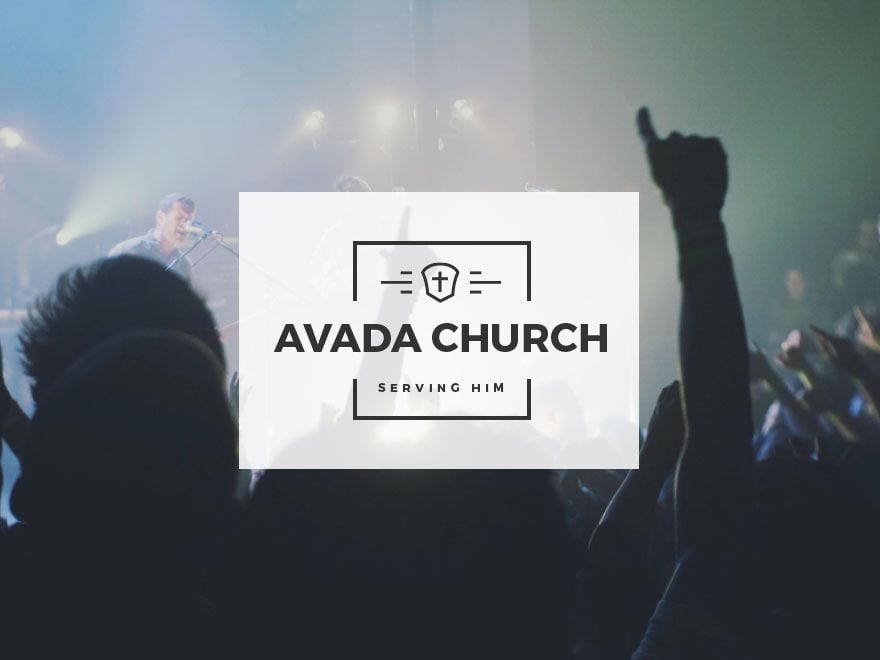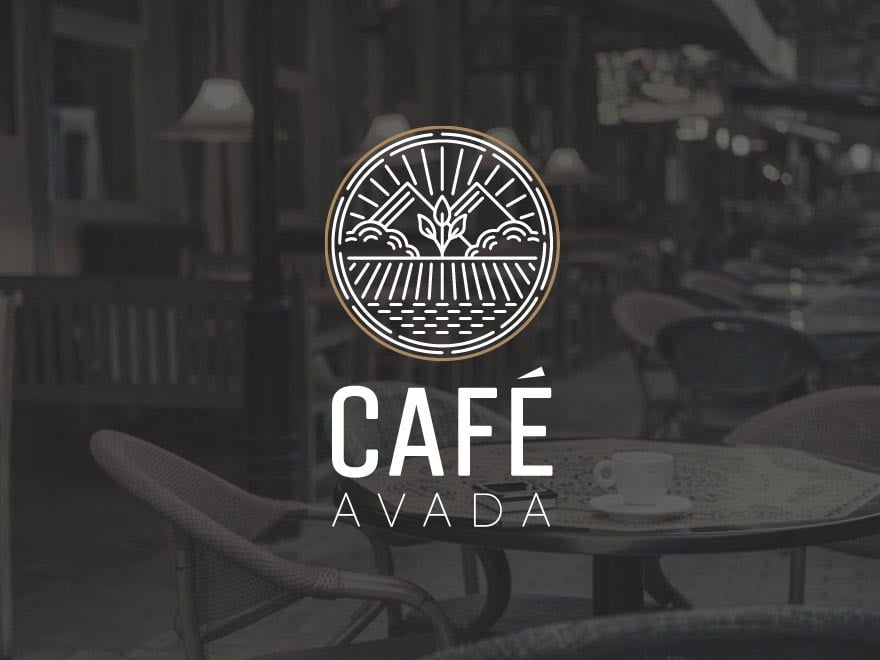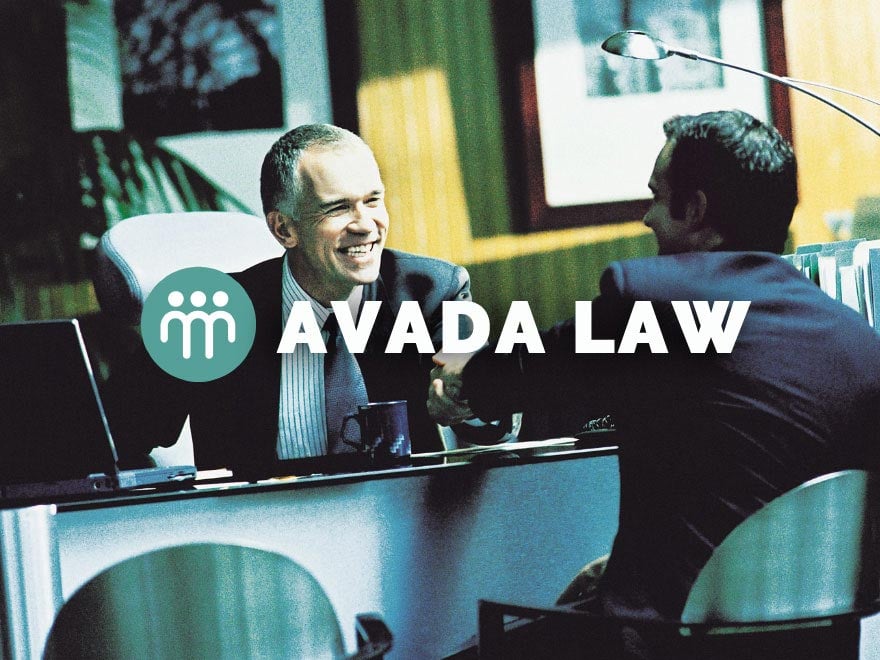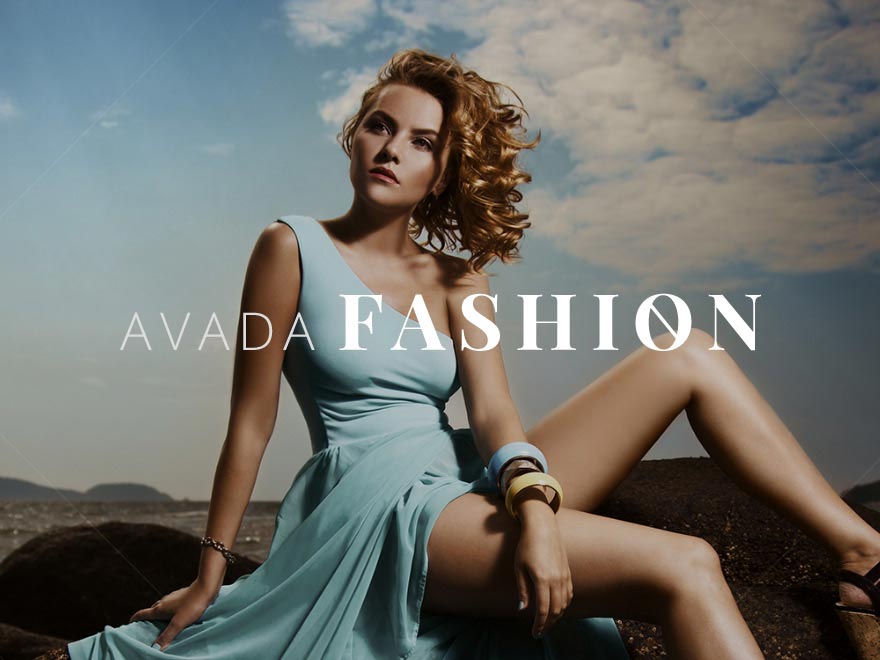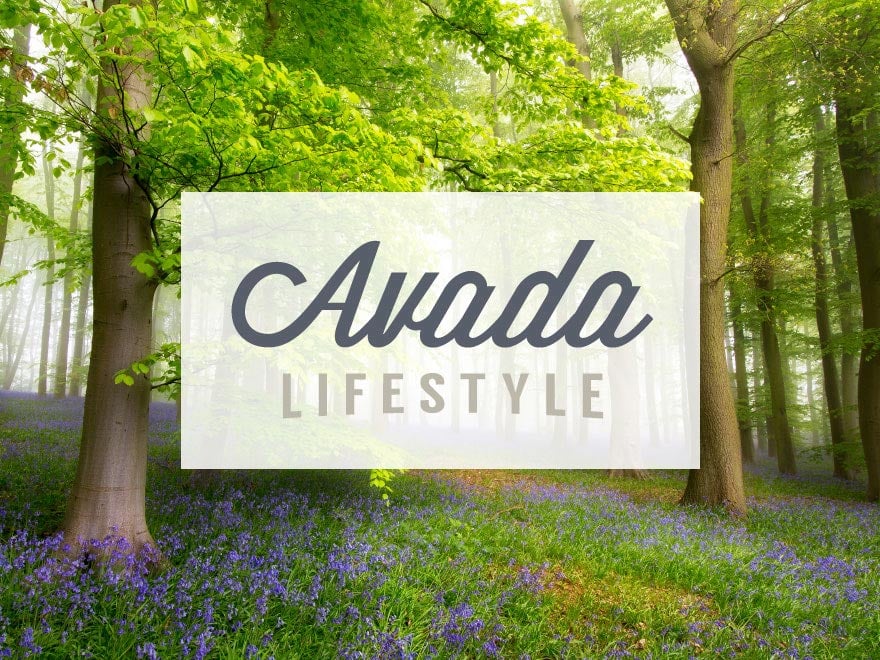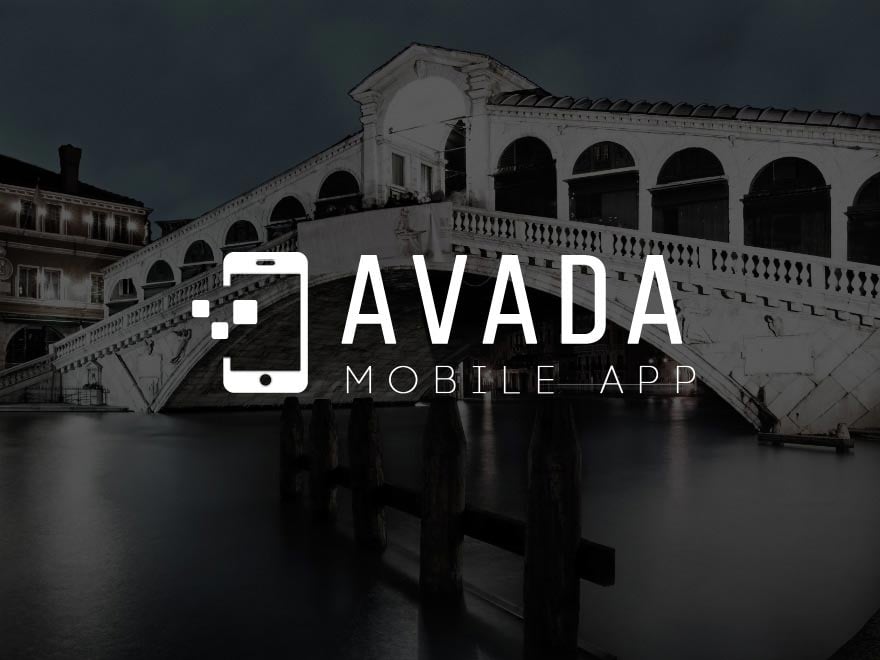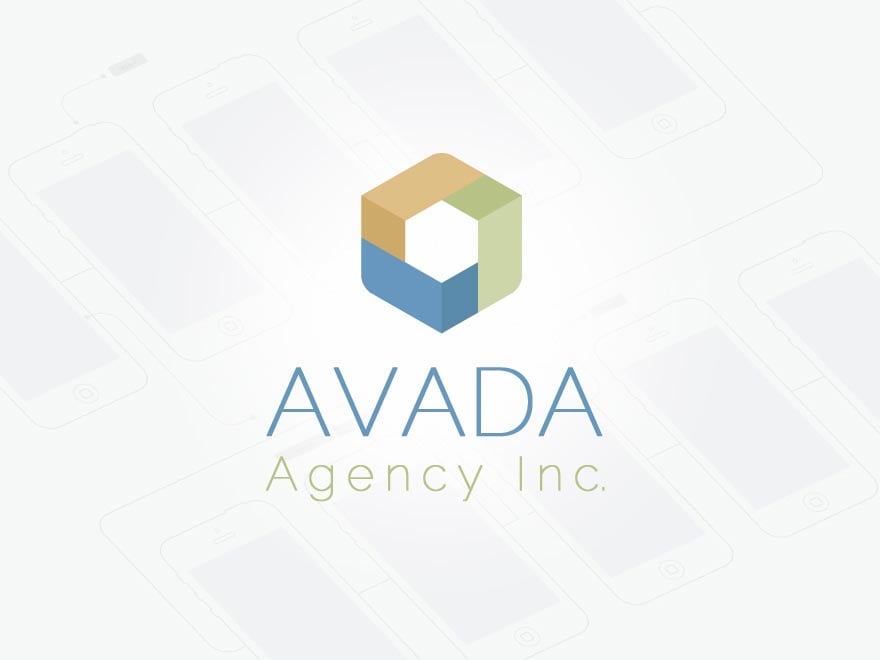The Avada Layout Elements
Last Update: September 15, 2025
The Avada Builder includes 29 unique Layout Elements with which to build your website content. This document will examine all the Avada Layout Elements and their capabilities. For specific details, options, and examples of each Element, follow the links in the Element descriptions below.
29 Elements For Layouts
Avada Layout Elements are specialized Elements used within the Avada Layout Builder to control the display of dynamic content across your site. They connect directly to WordPress data, including post titles, featured images, metadata, authors, and comments, allowing you to build fully customized templates for posts, archives, products, or portfolios. By combining these Elements, you can design unique layouts for various content types, providing complete creative freedom when creating websites with Avada and WordPress.
Avada Archives Element
- The Avada Archives Element dynamically displays lists of your site’s archives, such as posts grouped by month, year, or category, giving visitors an easy way to explore older content. It integrates seamlessly with WordPress’s archive system, offering customization options for layout, typography, spacing, and styling within the Avada Builder. This Element is beneficial for blogs or content-heavy sites, as it organizes information in a clear, accessible format.
Avada Author Element
- The Avada Author Element displays information about the writer of a post, including their name, bio, avatar, and optional links to a website or social profiles. It pulls this data dynamically from the WordPress user profile, ensuring consistency and automatic updates if details change. Fully customizable, it allows you to control layout, typography, and styling, making it a valuable tool for adding context, credibility, and a personal connection to your content.
Avada Column Element
- The Avada Column Element allows you to organize content into responsive Columns within a Container on your website. Each Column can hold any combination of Avada Elements, such as text, images, or buttons, and can be individually styled with options for background colors, gradients, borders, padding, and animations. This flexibility enables the design of visually balanced layouts that are responsive across devices.
Avada Comments Element
- The Avada Comments Element displays the WordPress post comments section on your web page, allowing visitors to read and leave feedback on posts or pages. It dynamically connects to the native WordPress comment system, showing existing comments, reply threads, and the comment reply form. With styling and layout options, you can control the appearance to match your site’s design, making the discussion area both functional and visually consistent.
Avada Container Element
- The Avada Container Element is a foundational layout Element that serves as the main wrapper for organizing rows and columns when building website content with Avada and WordPress. It defines the structure of your page or post by holding content and applying global or individual settings, such as background colors, gradients, images, padding, borders, and device visibility. As the primary building block, it provides the framework for arranging and styling Avada Elements, ensuring layouts remain flexible, consistent, and responsive across all devices.
Avada Content Element
- The Avada Content Element is used to display the main body content of a WordPress post or page when building a custom layout using Avada. It pulls the text, media, and formatting entered, ensuring the core content is dynamic. This Element is essential when building custom Avada website templates, as it ensures that the content is always included and styled consistently.
Avada Featured Images Slider Element
- The Avada Featured Images Slider Element displays a single or multiple featured images from a post, page, or WordPress Custom Post Type (CPT) in a responsive, interactive slider. It dynamically pulls images and presents them in a rotating format, complete with navigation controls, autoplay options, and customizable transitions. You can style the slider’s layout, spacing, and behavior, making it an engaging way to showcase galleries, portfolios, or posts with multiple visuals.
Avada Pagination Element
- The Avada Pagination Element offers navigation controls that enable users to navigate between multiple pages of content, such as blog posts, portfolios, or product listings. The Element displays numbered links, next and previous buttons, or a "load more" functionality, depending on your chosen style. With full customization options, you can adjust alignment, spacing, typography, and styling to ensure the pagination fits seamlessly into your site’s design while improving content accessibility.
Avada Post Card Archives Element
- The Avada Post Card Archives Element displays WordPress website archive content, including blog posts, portfolios, and custom post types. The Element dynamically pulls posts based on the archive context—such as categories, tags, authors, or dates—and presents them in customizable formats, including grids, carousels, or sliders, with complete control over layout, spacing, filtering, and styling.
Avada Post Card Cart Element
- The Avada Post Card Cart Element is designed to showcase WooCommerce cart items within an Avada Post Card layout, giving you full control over how cart contents are displayed. It dynamically pulls product details such as images, titles, quantities, and prices in a visually consistent style. With extensive customization options, you can adjust styling, layout, and interactivity, enhancing the shopping cart experience and encouraging sales.
Avada Post Card Image Element
- The Avada Post Card Image Element displays the featured image or a chosen image within a Post Card layout, pulling content dynamically from posts, products, or WordPress custom Post Types (CPT). The Element provides control over image size, aspect ratio, alignment, hover effects, and linking, ensuring the visuals fit seamlessly into your website.
Avada Post Meta Element
- The Avada Post Meta Element displays contextual details about a post, such as the author, date, categories, tags, or comment count, within an Avada Post Card layout. It pulls this information dynamically from WordPress, ensuring it stays accurate and up to date as content changes. With extensive customization controls, you can choose which metadata to display and how it appears, making it a valuable tool for adding clarity and professionalism to your Avada website.
Avada Project Details Element
- The Avada Project Details Element presents key information about portfolio projects, including client names, project dates, skills used, links, and any custom details added in the project settings within Avada Global Options. It pulls this data dynamically from the portfolio post type and displays it in a structured, styled format that can be customized. This Element helps highlight important project specifics in a clear and professional way, enhancing the overall presentation of creative or case study work.
Avada Related Posts Element
- The Avada Related Posts Element displays posts that are contextually related to the one being viewed, usually based on shared WordPress categories or tags. It automatically pulls in relevant posts and presents them in a customizable layout with options for images, titles, excerpts, and metadata. This Element helps keep visitors engaged by encouraging them to explore more of your content and enhancing content discovery.
Avada Woo Add To Cart Element
- The Avada Woo Add to Cart Element adds a customizable cart button to a WooCommerce product layout, enabling customers to add items directly to their shopping cart. It connects to the product being displayed and can show variations, quantities, and pricing as needed. With full styling and layout controls, you can design an add-to-cart experience that matches your site’s branding while keeping the purchasing process straightforward.
Avada Woo Additional Info Element
- The Avada Woo Additional Info Element displays extra product details, such as attributes, dimensions, specifications, and more, that are added to the product. The information is presented in a structured format on the single product page. With styling and layout options in the Avada WooCommerce Builder, you can control how these details appear, blending in seamlessly with your website’s branding.
Avada Woo Archives Element
- The Avada Woo Archives Element displays product archives from WooCommerce, such as shop, category, or tag pages, in a customizable layout. It dynamically pulls products based on the archive context and allows you to control how they are presented, including grid or list styles, columns, spacing, and product details like images, prices, and add-to-cart buttons. With full design flexibility, this Element makes it easy to deploy visually consistent e-commerce product archive pages on your WordPress website.
Avada Woo Filter Active Element
- The Avada Woo Filter Active Element shows customers which product filters are currently applied when browsing your WooCommerce shop or product archive pages. It dynamically lists active filters, such as price, attributes, or ratings, and provides users with the option to remove them with a single click. With customization options, you can style and position this Element to keep filtering visible and user-friendly, making it easier for shoppers to refine or reset their product search.
Avada Woo Filter By Attribute Element
- The Avada Woo Filter By Attribute Element enables customers to refine products on your WooCommerce shop or archive pages by specific attributes, such as color, size, or material. It dynamically pulls attribute data from your products and displays it as filterable options, updating the results instantly when a selection is made, improving the overall shopping experience.
Avada Woo Filter By Price Element
- The Avada Woo Filter By Price Element enables customers to narrow down their product selection in your WooCommerce shop or archive pages based on a specified price range. It provides an interactive price range selector that updates product results dynamically as users adjust the minimum and maximum values. You can customize the look and feel of the filter to match your store’s design.
Avada Woo Filter By Rating Element
- The Avada Woo Filter By Rating Element allows customers to filter WooCommerce products in your online shop or archive pages by customer review ratings. It displays star-based options that update product results dynamically when selected, helping shoppers quickly find highly rated items.
Avada Woo Price Element
- The Avada Woo Price Element displays the price of a WooCommerce product on your e-commerce website. It supports both simple and variable products, showing regular, sale, or range pricing depending on the product setup. With flexible styling options, you can adjust typography, color, alignment, and spacing, ensuring the price presentation is clear, consistent, and visually aligned with your store’s design.
Avada Woo Product Images Element
- The Avada Woo Product Images Element displays the main product image along with any additional gallery images in the product layouts. It supports features such as zoom, lightbox, and image sliders, providing customers with an interactive way to view product details.
Avada Woo Rating Element
- The Avada Woo Rating Element displays the average customer review rating for a WooCommerce product using a star-based format. It dynamically pulls data from submitted reviews and updates automatically as new ratings are added, helping to build trust and credibility with shoppers.
Avada Woo Related Products Element
- The Avada Woo Related Products Element showcases products that WooCommerce identifies as related to the one being viewed, usually based on categories or tags. It pulls these items into your single product layout, helping to keep customers engaged and encouraging them to explore and potentially upsell more products.
Avada Woo Reviews Element
- The Avada Woo Reviews Element displays customer reviews for a WooCommerce product, including written feedback about the product or service. The Element displays ratings, comments, and reviewer names/usernames in a structured format, helping to build trust and social proof for potential buyers.
Avada Woo Short Description Element
- The Avada Woo Short Description Element displays the description of a product, typically used to highlight key features or a concise sales pitch, and can be placed anywhere on the single product page. The Element allows you to style the typography, alignment, and spacing.
Avada Woo Stock Element
- The Avada Woo Stock Element displays the status of a product, indicating whether it is in stock, out of stock, or available on backorder. It pulls this information dynamically from the product’s WooCommerce inventory settings and updates automatically as stock levels change. With customization options, you can style the stock message to ensure it appears clear, consistent, and aligned with your store’s design.
Avada Woo Tabs Element
- The Avada Woo Tabs Element displays product information in a tabbed format, typically including details, additional information, and product reviews. The Element organizes content into separate panels that customers can switch between, keeping product pages clean and easy to navigate. With full styling and layout options, you can control the appearance, order, and design of the tabs, ensuring they fit seamlessly into your store’s layout while improving usability.
